Our Policy Book Recommendations

Welcome to our book suggestions from Policy friends and contributors: recent releases, classics, books that have made an impact … whatever one might recommend to friends or colleagues. With many thanks to all who’ve sent in their picks
Our Policy Book Recommendations:
📚 From Anthony Wilson-Smith, President and CEO of Historica Canada:
by Andrew Stobo Sniderman and Douglas Sanderson (Amo Binashii)
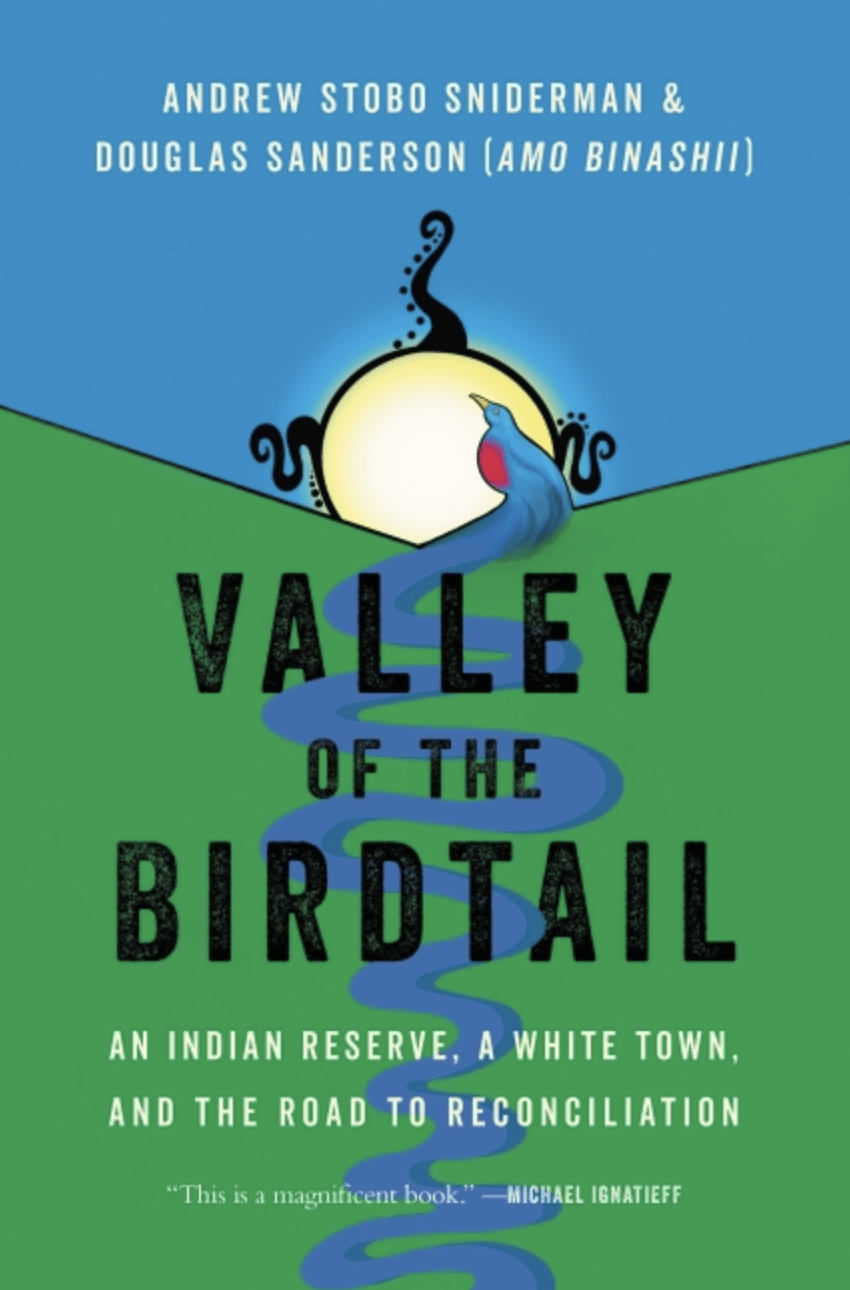
One Manitoba region, two vastly different communities. The authors – one Indigenous, the other not – provide a historical portrait of the prosperous ‘white’ town of Rossburn and the nearby Indigenous reserve of Waywayseecappo struggling with poverty and other all-too-familiar challenges. That tension is leavened by gestures of reconciliation, and the proposition of ‘A Grand Notion’ by which Indigenous self-government could benefit everyone. An engaging read that may also provide a blueprint for tomorrow.
The Underground Railroad: Next Stop, Toronto! (new edition)
by Adrienne Shadd, Afua Cooper, Karolyn Smardz Frost
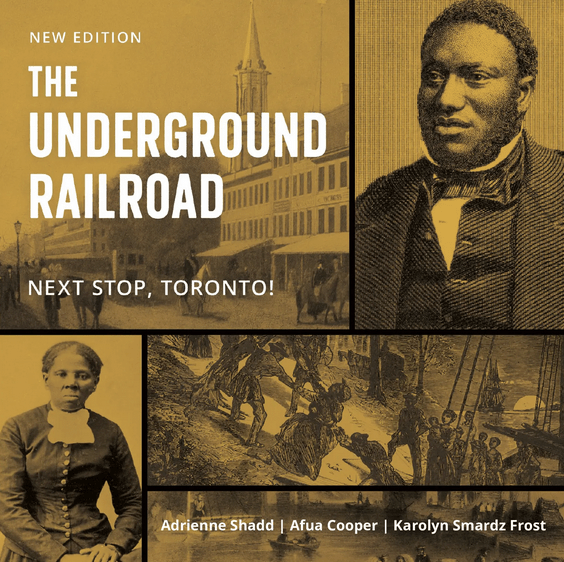
Black people have been part of what is now Canada for more than four centuries, but the stories of their lives, achievements and challenges remain largely untold. The Underground Railroad, first published in 2003 and re-issued by Dundurn Press in 2022, provides a step toward correcting that. Shadd and Cooper are Black community historians of the first order and archaeologist and historian Smardz Frost was part of the team that discovered the first Underground Railroad site in Canada. Impeccably researched, the book leaves the reader wanting more.
From the Wood Chair to the Green Chair: a Memoir
By Dennis Mills
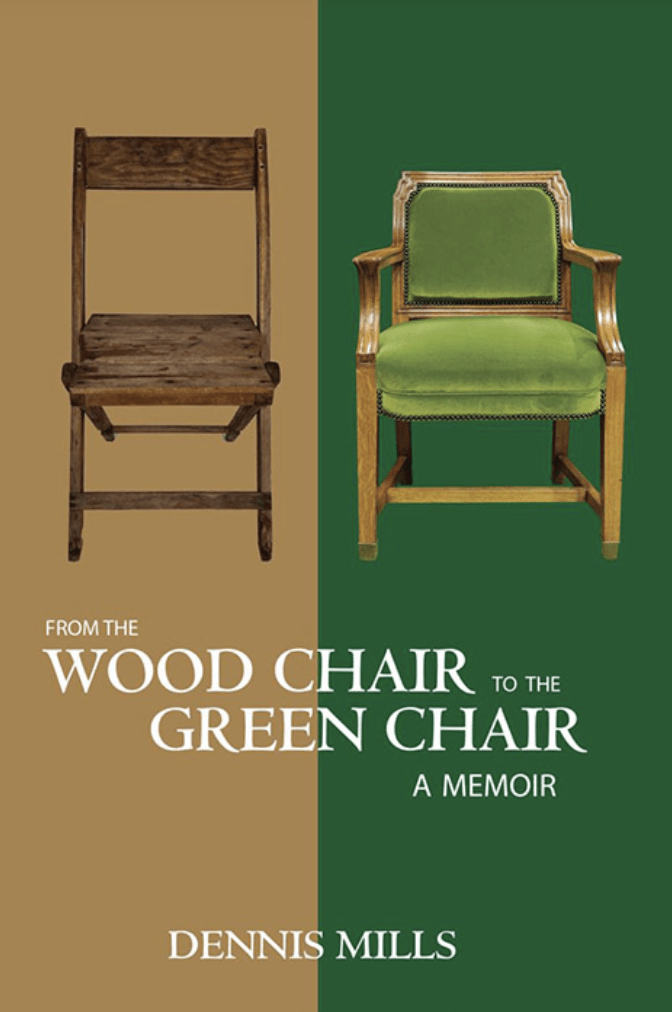
For those wondering why anyone would engage in the toxic world of politics today, Dennis Mills’ memoir From the Wood Chair to the Green Chair recalls better times. Mills, 78, a long-serving former Toronto Liberal MP and successful businessman (who started out delivering chairs and tables in his family’s event-rental business, hence the title) genuinely believes politicians should be ‘servants’ of their constituents. His writing style, folksy and anecdote-heavy, reflects his appeal to people of all backgrounds.
The Duel: Diefenbaker, Pearson and the Making of Modern Canada
by John Ibbitson
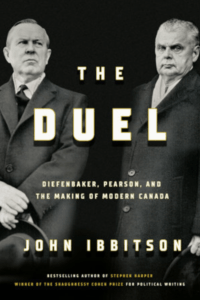
Even by today’s political standards, John Diefenbaker and Lester Pearson were a study in extremes. The soft-spoken Pearson, a mandarin-turned-politician at home in capitals around the world, was far from charismatic. Diefenbaker was populism personified, a spellbinding orator equally capable of provoking members of his own party as the opposition. But, as Ibbitson sketches so compellingly, they instituted reforms that continue to guide the way our country functions to this day. A timely reminder that important decisions often owe as much to circumstance as to planning.
📚 From Caroline Baron-Courcy, Les Presses de l’Université d’Ottawa | University of Ottawa Press, with her UOP recommendations:
Edited by Stéphanie Gaudet and Caroline Caron, in collaboration with Sophie Théwissen-LeBlanc
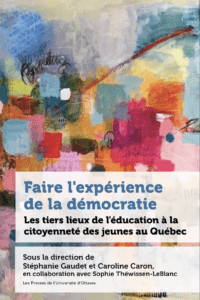
In Quebec, an ecosystem of social spaces offers young people opportunities to learn democratic participation outside formal civic education. Through seven case studies, this study explores their citizenship education experiences. Published in French, with an English translation coming in 2025, it appeals to researchers, practitioners, and policymakers.
Dangling in the Glimmer of Hope: Academic Action on Truth and Reconciliation
Edited by Garry Gottfriedson and Victoria Handford
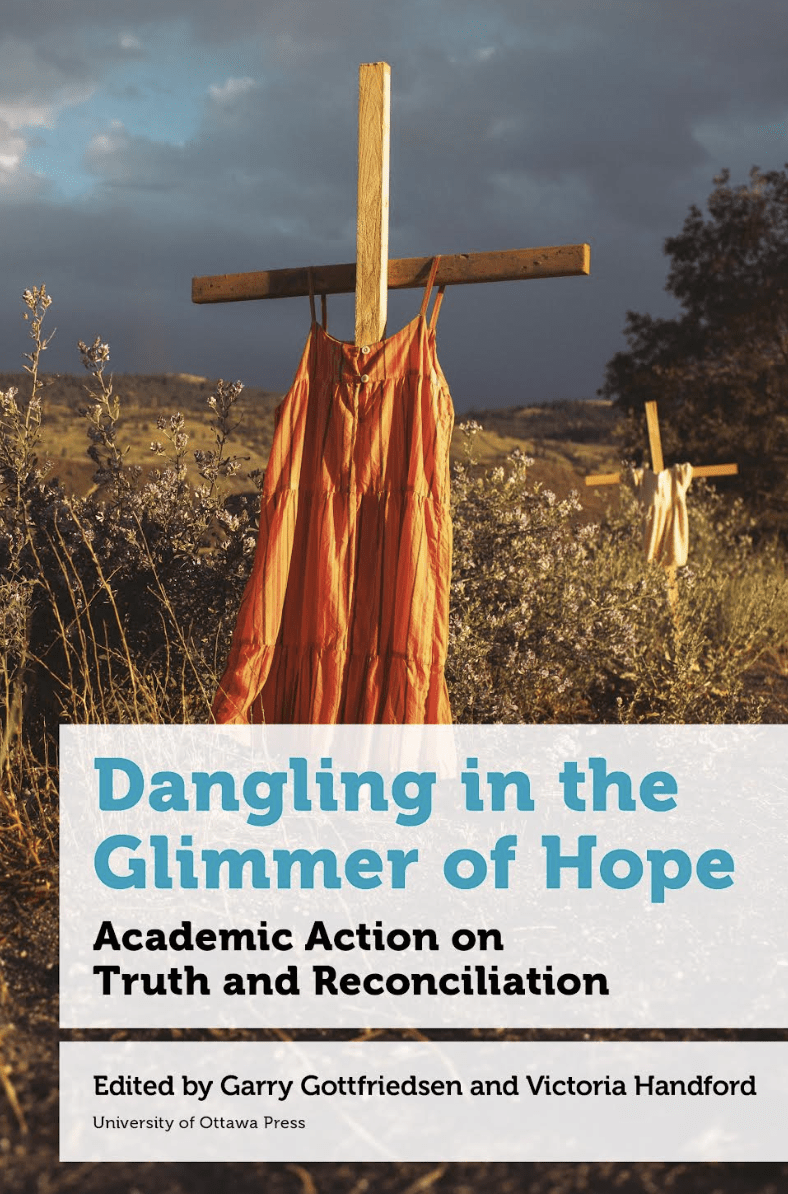
Dangling in the Glimmer of Hope illustrates of the journey undertaken at Thompson Rivers University to respond to the Calls to Action of the Truth and Reconciliation Commission. With a focus on Indigenous perspectives, poems, short stories, and children’s tales sit alongside scholarly chapters to pave the way for mutual respect and understanding.
The Symons Medal: La médaille Symons
Twenty Years of Reflection on an Evolving Canada: Vingt ans de réflexion sur le Canada, un pays en évolution
by Harvey Sawler
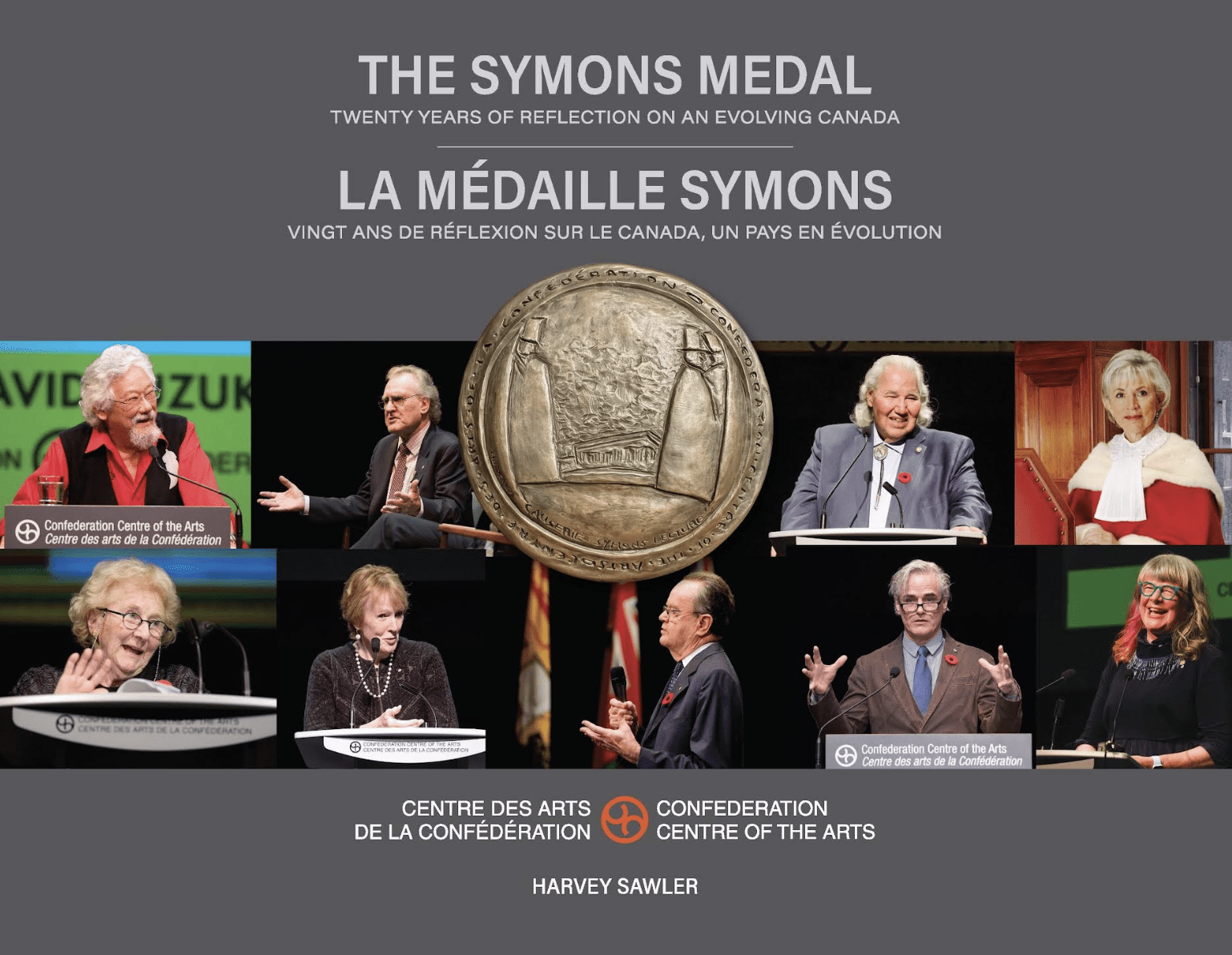
This stunning coffee-table book explores the origins and purpose of the Symons Medal, awarded since 2004. It features biographies, relevant quotations and photographs of its 27 recipients, celebrating individuals who engage deeply with the current state and future of Confederation. It invites readers to reflect on Canada’s journey and consider its path forward.
Bob Rae – Learning from the Past, Imagining the Future – Apprendre du passé, façonner l’avenir:
Reflections from a Political Life – Réflexions sur une vie politique
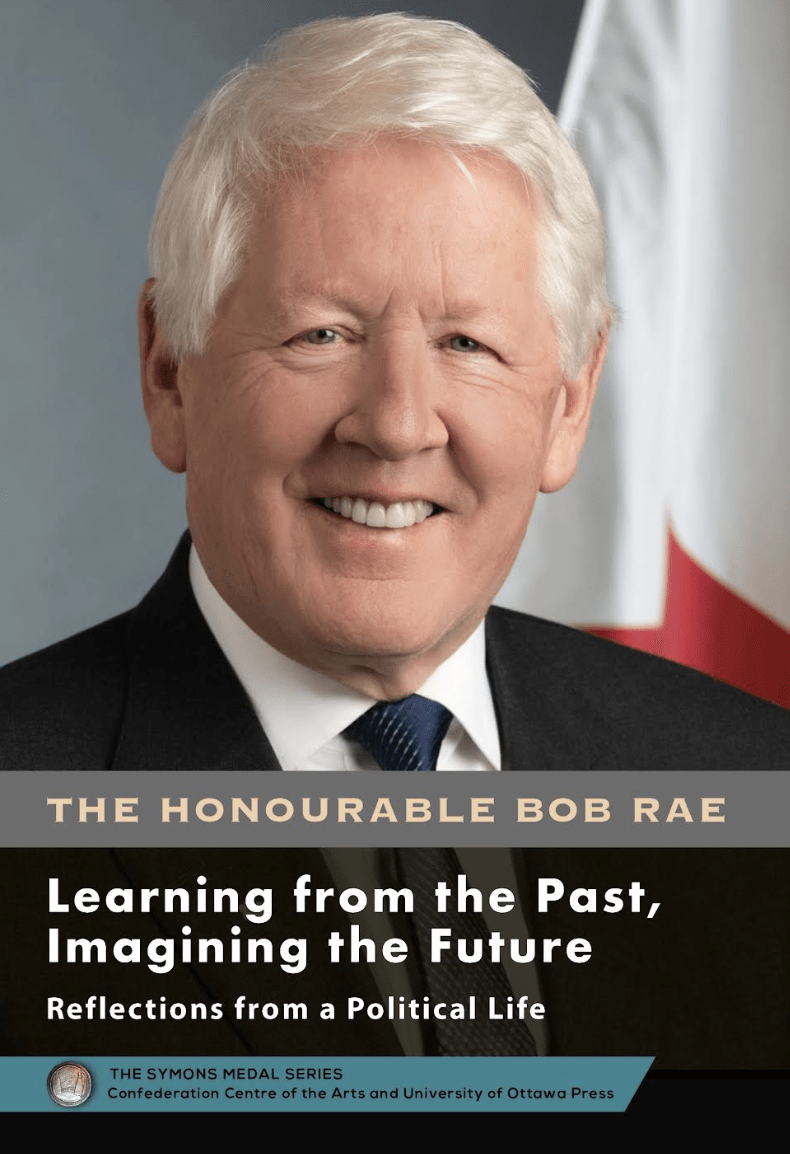
by Bob Rae
UN Ambassador and Policy contributor Bob Rae, the 20th recipient of the Symons Medal, devotes his lecture, Learning from the Past, Imagining the Future: Reflections from a Political Life, to Canada’s improbable origins as a nation, our post-war emergence onto the global stage, active membership within the United Nations, and the significance of the ever-evolving Canadian constitution. Learning from the Past, Imagining the Future extends the access to this inspiring lecture from a key contributor to the Canadian nation. (Read the Policy review by Michael Ignatieff, here).
📚 From Thalia Assuras, former Global News and CBS anchor:
by Alexei Navalny
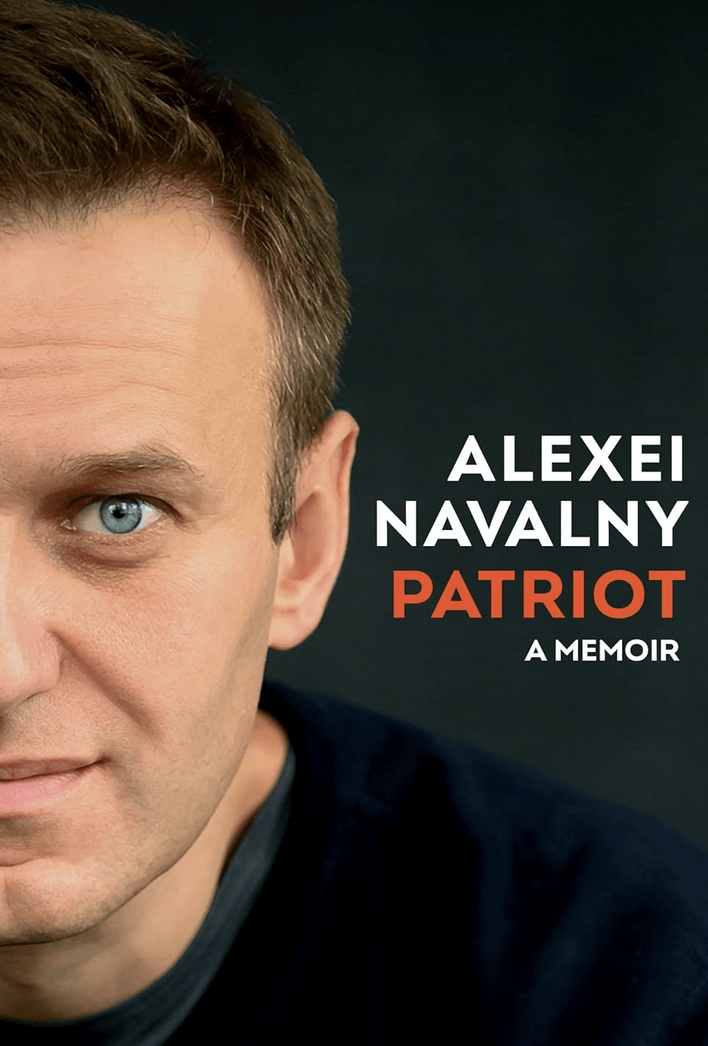
In Patriot, Alexei Navalny is eerily alive, his life extended by this posthumous memoir. He helps us understand the USSR before its dissolution and the emergence of Russia from the lived experiences of an insider, not the West’s media versions. It is through Navalny’s love for his nation and abhorrence of corrupt Russian leaders, Putin chief among them, that readers will comprehend what drove him to sacrifice everything, including his life. Navalny speaks from the grave — candidly, humorously (despite his circumstances) and passionately. (You can read the Policy review by Jeremy Kinsman here).
by Kara Swisher
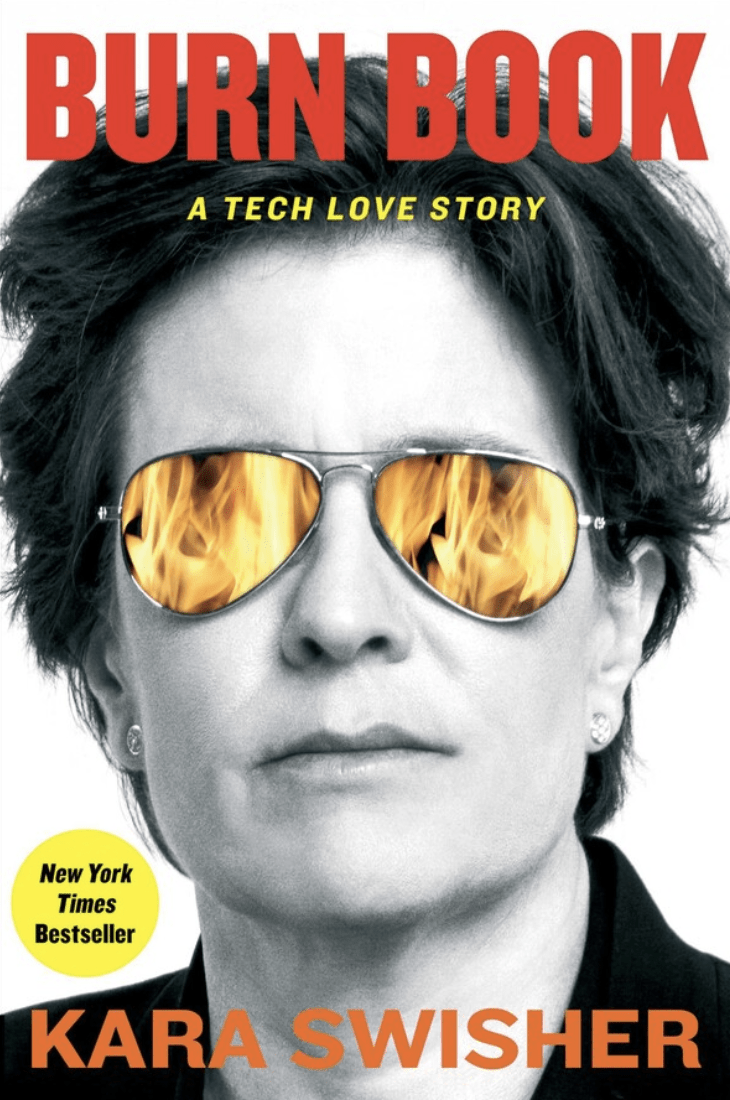
One of America’s first and most widely respected tech journalists, Swisher offers incredibly revealing — often disturbing — details about Big Tech giants from Steve Jobs to Mark Zuckerberg to Elon Musk (whom she quotes in a jacket blurb, calling her an %#@-hole). Swisher suffers no fools in her descriptions of their character traits, innovations and business models, secure in her knowledge of their world — particularly valuable in today’s US political reality. A startlingly candid read that has probably burned more than a few bridges in the tech and political spheres. Swisher has no fear.
📚 From Maureen Boyd, Chair Emerita of the Parliamentary Centre and friend of Policy:
To prepare for Canada’s election year, four political books provide historical and current perspective for political junkies, diplomats and voters.
The Duel: Diefenbaker, Pearson and the Making of Modern Canada
by John Ibbitson
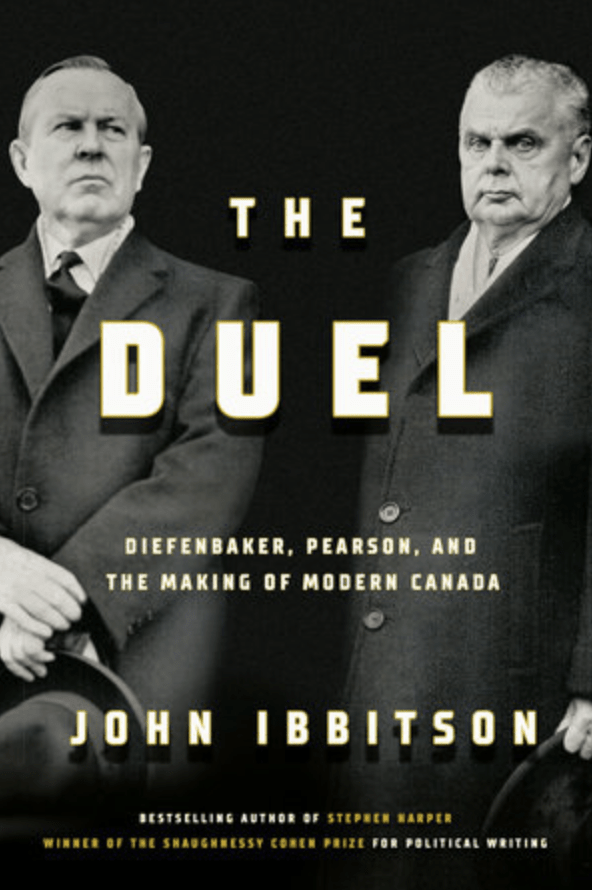
Ibbitson weaves the personalities, politics and policies of the two longtime political opponents who led their parties and became Prime Minister in his highly readable The Duel. Ibbitson argues that Diefenbaker is due more credit for reforms, such as to immigration and human rights, including the Bill of Rights, many of which the Nobel Prize winning Pearson built on and received credit for.
Pierre Poilievre: A Political Life
by Andrew Lawton
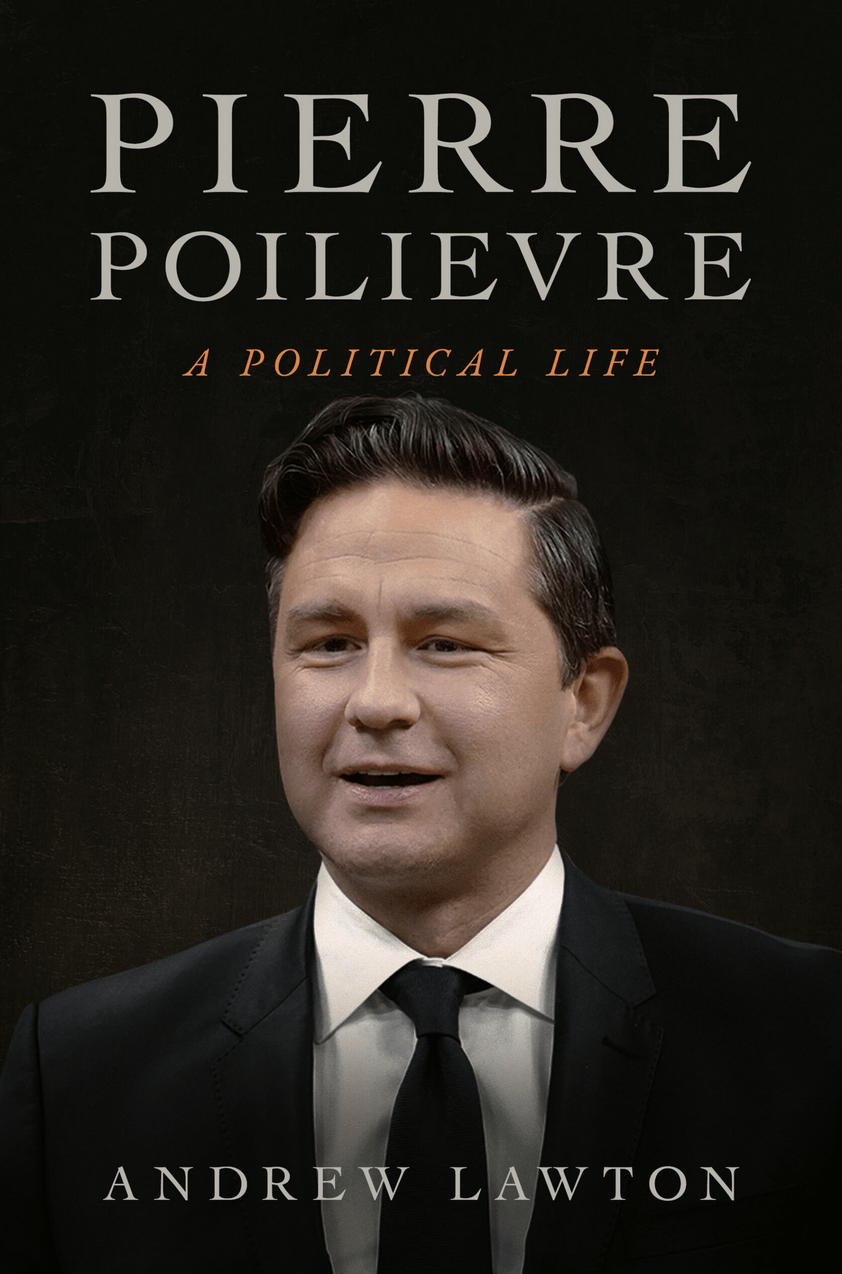
Moving into the present, Andrew Lawton presents a sympathetic look at Pierre Poilievre. Lawton says he focused the book on facts rather than analysis as Canadians need to know more about our political leaders and, in this case, the modern conservative movement. A bonus for Ottawa-ites is the reminder of who was with Poilievre from the beginning and where they are now.
by Stephen Maher
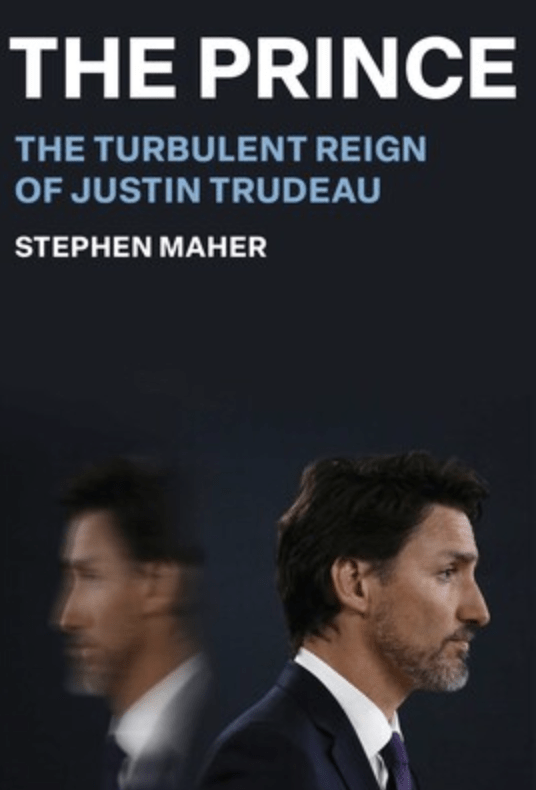
A welcome first comprehensive biography of Justin Trudeau, Stephan Maher looks at the successes and the failures of the ‘prince’ as a man and of the government he leads – from sunny ways to SNC and beyond. He reminds us what we have lived through since his election in 2015 providing behind the scenes context and analysis from his expert vantage point.
by Paul Wells
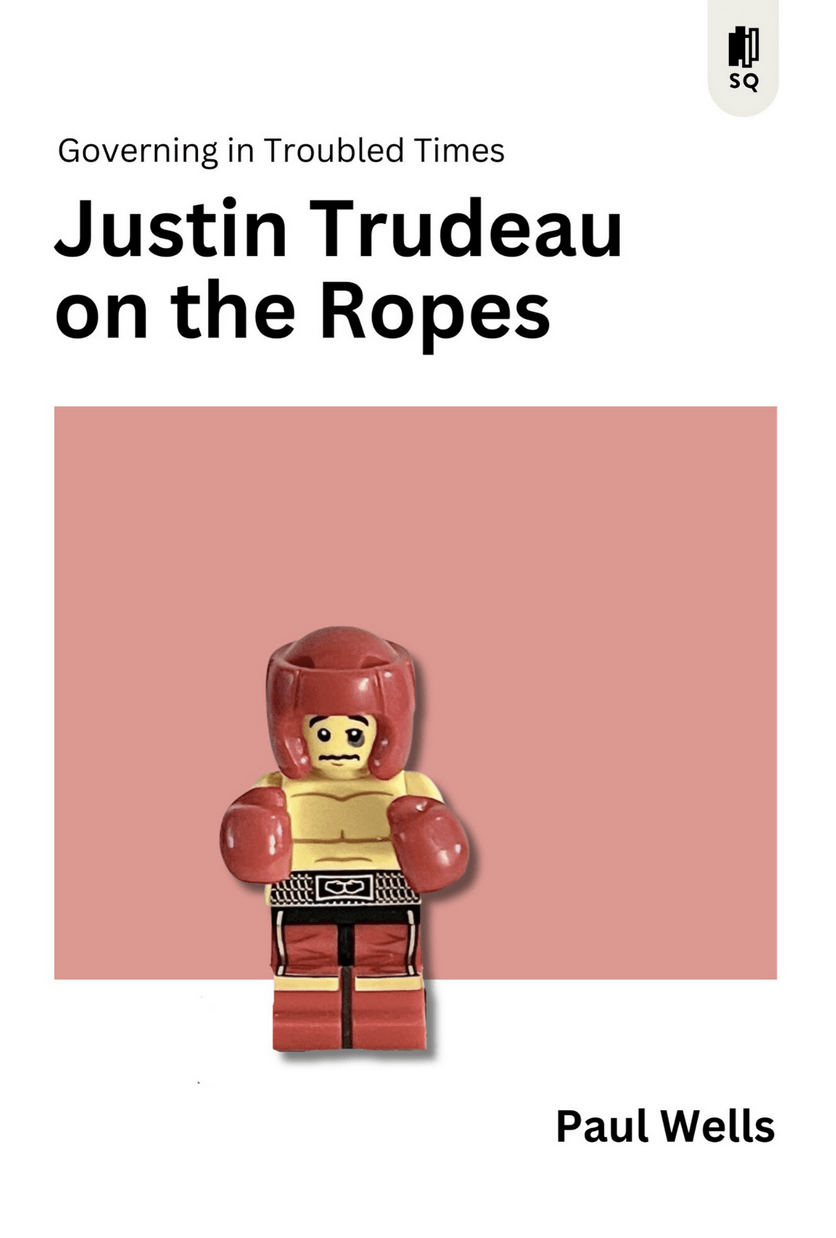
Paul Wells’ sub-100 page essay is a must-read. While Stephen Maher uses the metaphor of Justin as the prince from political royalty, Paul Wells paints the picture of an underestimated Justin Trudeau on the boxing ring’s ropes to explore and explain him, particularly what seems to many an inexplicable decision to stay on to fight another election. (You can read the Policy review by J.D.M. Stewart here)
📚 From Susan Bonner, host of CBC‘s Your World Tonight:
by Martin Baron
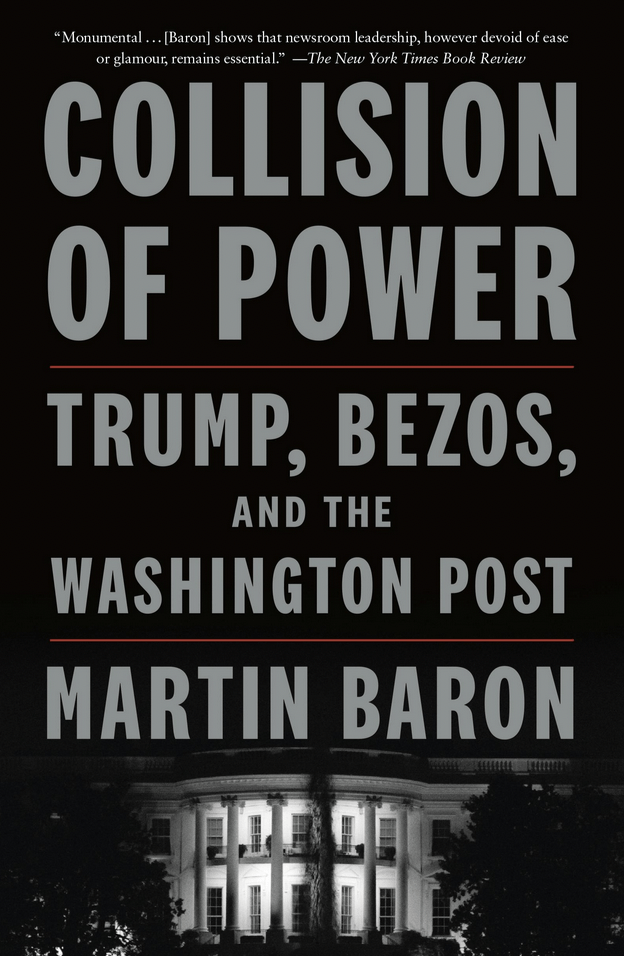
One of my favourite books about journalism. Former Washington Post editor Marty Baron — whom you may recall as a central figure in the film Spotlight (played by Liev Schreiber) — is an excellent guide as to how both democracy and journalism are troubled in their own way, both are staring down existential threats. The lessons land easily. There’s a lot to learn here about leadership-and not just his. I wanted to take notes. I wanted to work for him. I want to believe it will all work out.
by Paul Murray

This book haunts. Murray’s writing made me laugh out loud at times and gasp at others. His observations! Beautiful, even as they sting. His characters made me cringe and then want to swoon with empathy. The relentless plot dropped me smack in the middle of rural Ireland in a manner that was undeniably Irish and perfectly universal. That’s Murray’s gift. It is one family’s story told through each character’s own narrative. We get to understand them while they misunderstand each other. I loved every page, even the ones that broke my heart.
📚 From Anna Porter, author and longtime publisher, Key Porter Books, McClelland & Stewart (favourite books of 2024):
Nexus: A Brief History of Information Networks from the Sone Age to AI
by Yuval Noah Harari
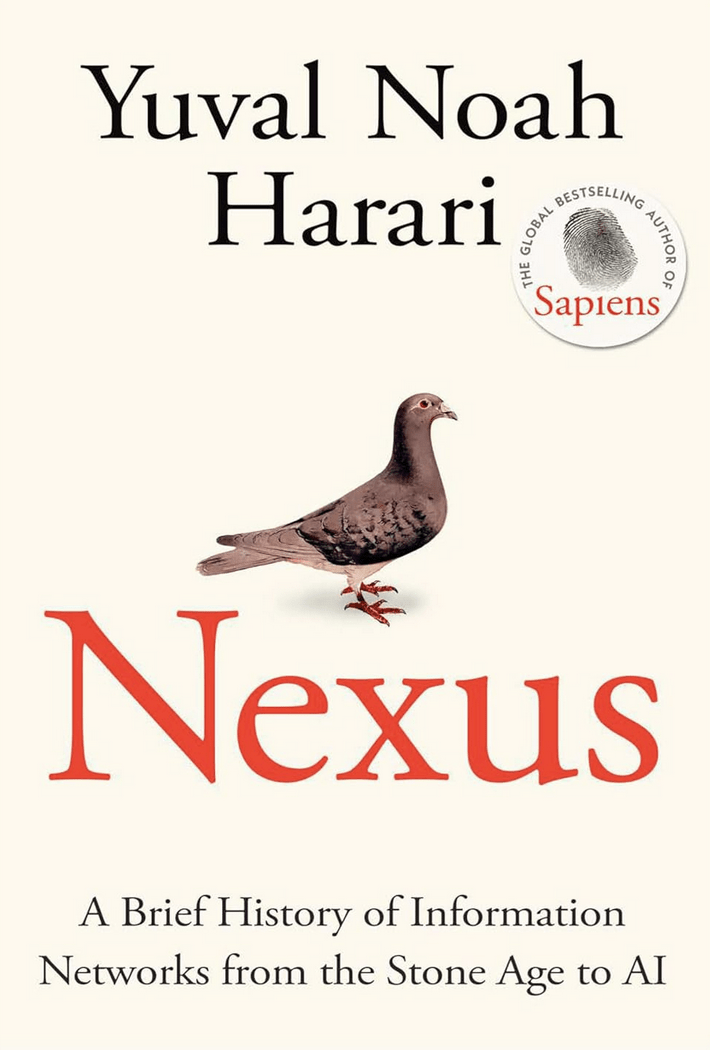
One unusual aspect of Harari’s books is his ability to give his readers the grand sweep of history – in this case, all the way back to the Stone Age, yet invite them to join him in close encounters with individual events that humanize his theories. Nexus takes a deep dive into witchcraft, the Bible and the dangers of AI.
Diary of an Invasion and Grey Bees
by Andrey Kurkov
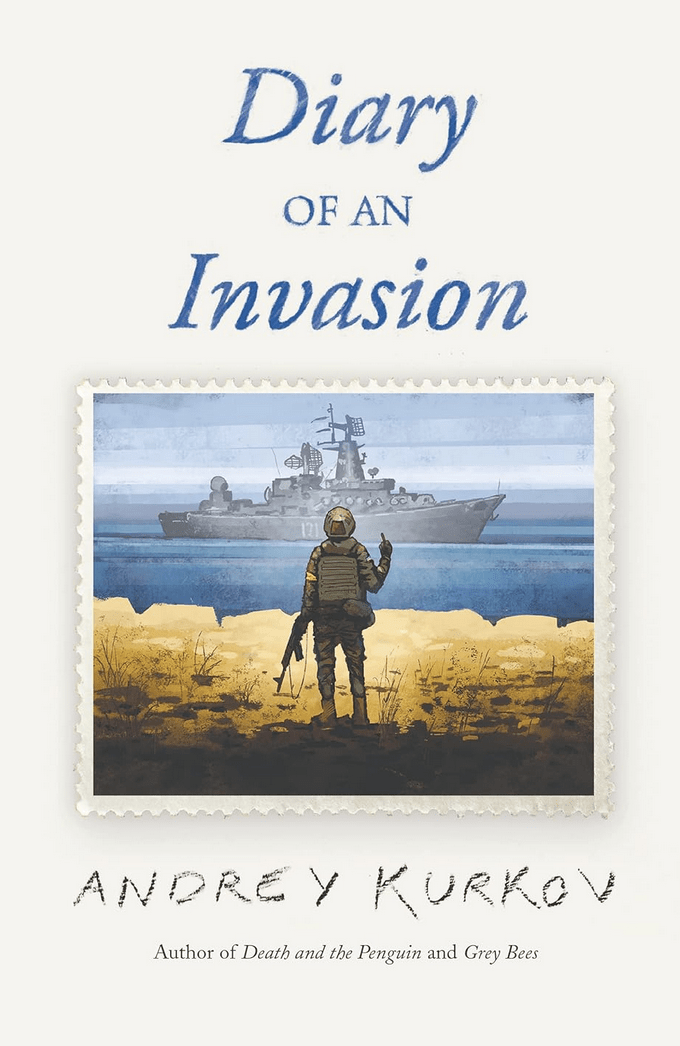
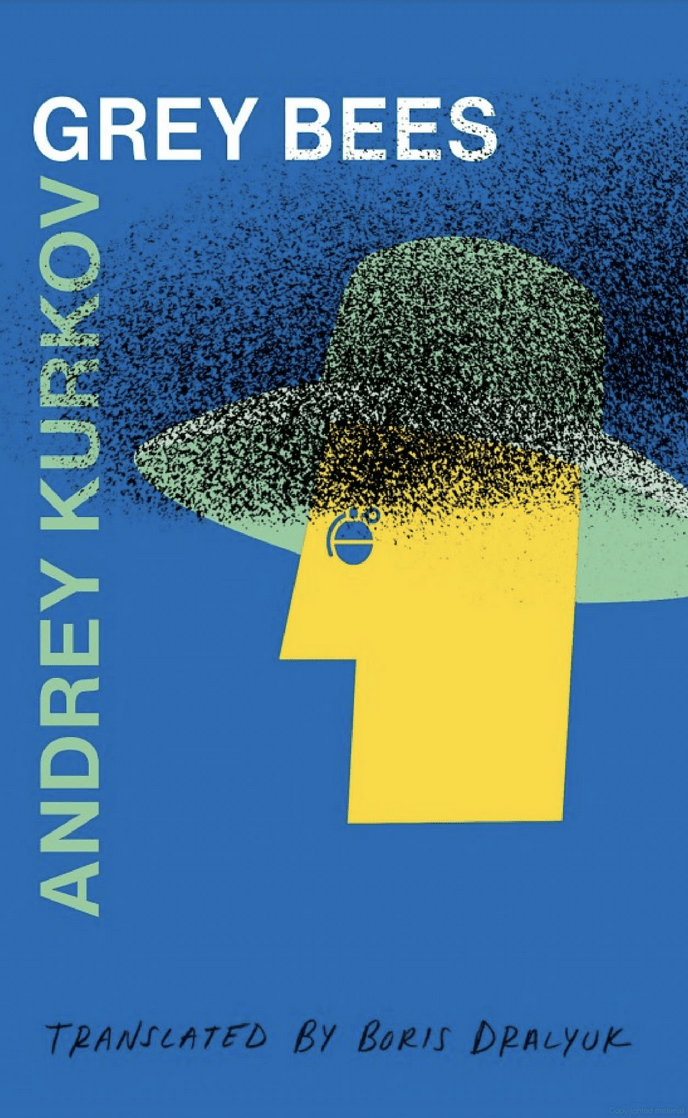
He is Ukraine’s most famous living writer, he has published 26 novels and several works of non-fiction and even some children’s books. For anyone new to this extraordinary writer’s work, these two books are a good introduction. Life in his besieged country is darkly humorous, deadly and often hopeless, not easy to distract yourself from reality.
Autocracy Inc: The Dictators who Want to Run the World
by Anne Applebaum
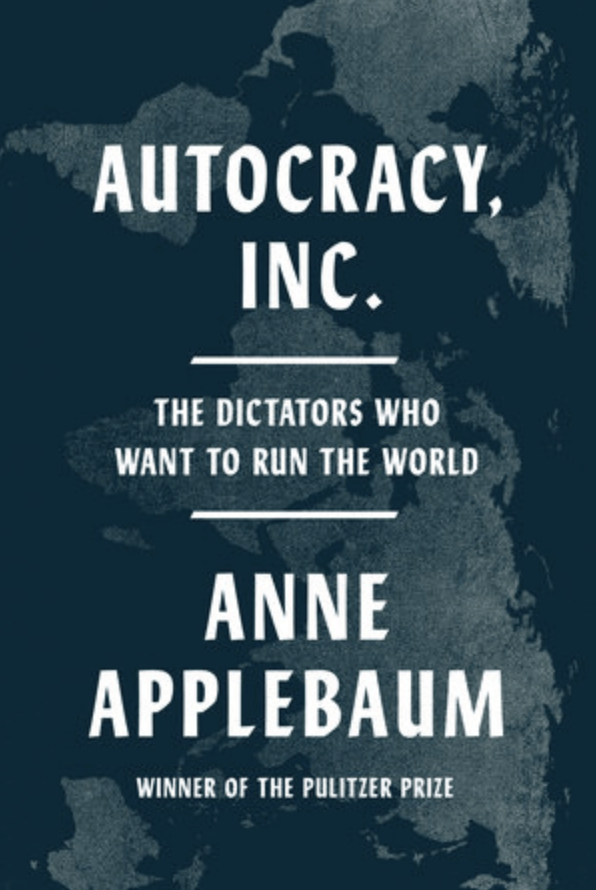
I have been an Anne Applebaum fan since I read Gulag: A History, her moving, yet scholarly account of Soviet concentration camps. Autocracy is equally lucid, disturbing and terrifying with its focus on how dictatorships are built and maintained when the only ideology they share is a thirst for power, personal wealth and impunity. (You can read our Policy review by Colin Robertson here)
Paper Boat: New and Selected Poems 1961-2023
by Margaret Atwood
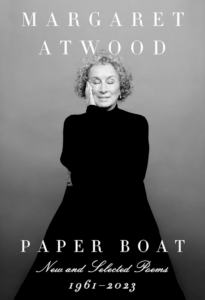
Sometimes it is difficult to remember, given all her celebrated fiction, her challenging non-fiction, her operas, and myriad efforts on behalf of the planet and its still surviving creatures, that Margaret Atwood is fundamentally a poet. This absolutely wonderful book is full of love, longing, wisdom and images that will stay with you forever.
📚 From Griffin Shea, former AFP correspondent, now owner of Bridge Books in Johannesburg:
by Shubnum Khan
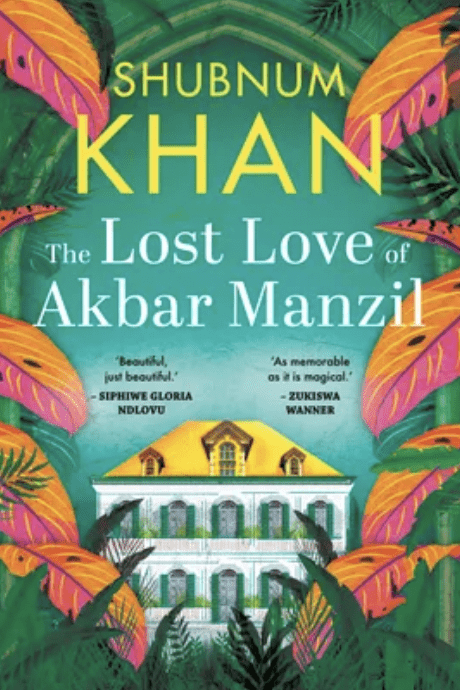
(This was published as The Djinn Waits a Hundred Years in the US and Canada)
Sometimes described as Durban Gothic, Shubnum Khan writes of a house animated by a lonely djinn, who keeps a mournful eye on its odd residents, both human and ethereal. It’s not a horror – it’s a gently told and often funny story about love among spouses, siblings, parents and children.
by Colum McCann
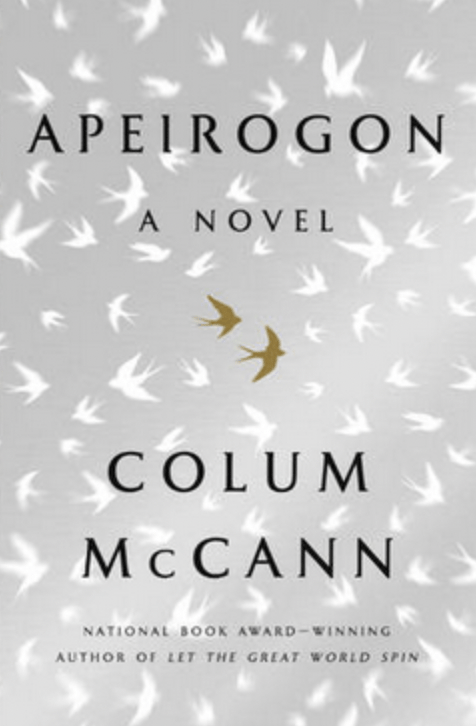
I’m late to this, but it seemed like the right time to dive into a thoughtful novel based on two real men, one Israeli and one Palestinian, whose daughters were killed in the conflict. Styled after Arabian Nights, with 1,001 short sections, it shares Sharahazaad’s belief that storytelling can be lifesaving. The novel is about how to build empathy. In real life, McCann’s non-profit, Narrative 4 has taught students around the world how to tell and hear stories so they can learn compassion for each other. (You can read the Policy review by Lisa Van Dusen here).
by Álvaro Enrigue
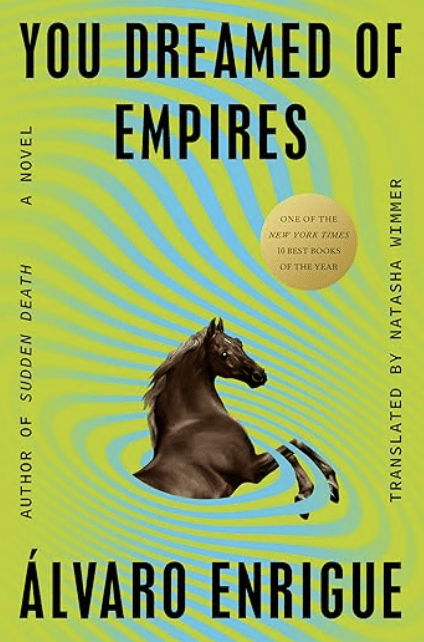
What if Moctezuma’s encounter with Hernán Cortés and his conquistadors had gone differently? This Mexican novel plays with that idea, written as a comedy of errors full of palace intrigue, misunderstandings, and a long trip on magic mushrooms. It’s short, pointed and stylistically a thrill to read.
by James Baldwin
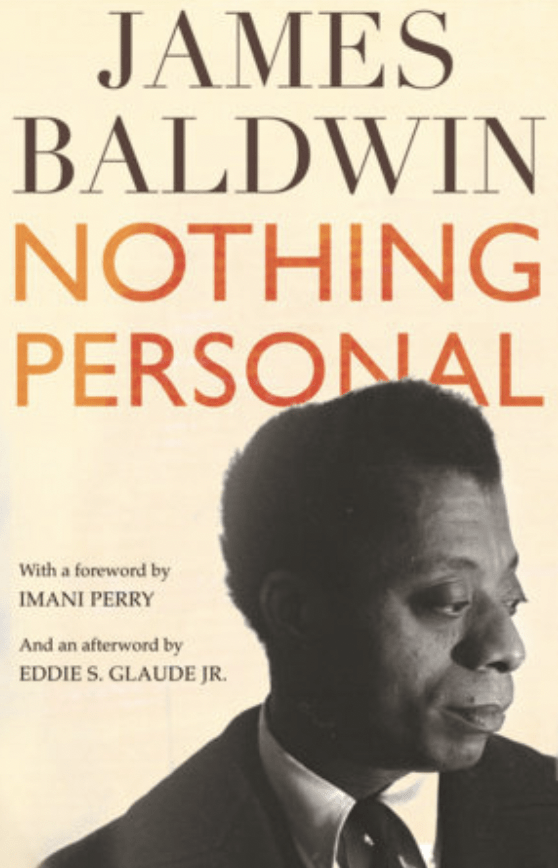
Baldwin would have turned 100 this year. While not among his most famous work, this collection of essays was released to show how his insights into 1960s America still applied during the first Trump presidency. Baldwin writes frankly about summoning the strength to face each new day, even when we know how hard things will be. “I think I know how many times one has to start again, and how often one feels that one cannot start again. And yet, on pain of death, one can never remain where one is. The light. The light. One will perish without the light.”
📚 From Will LeRoy, Founder & Curator-in-Chief, National Newswatch:
by Michael Doret
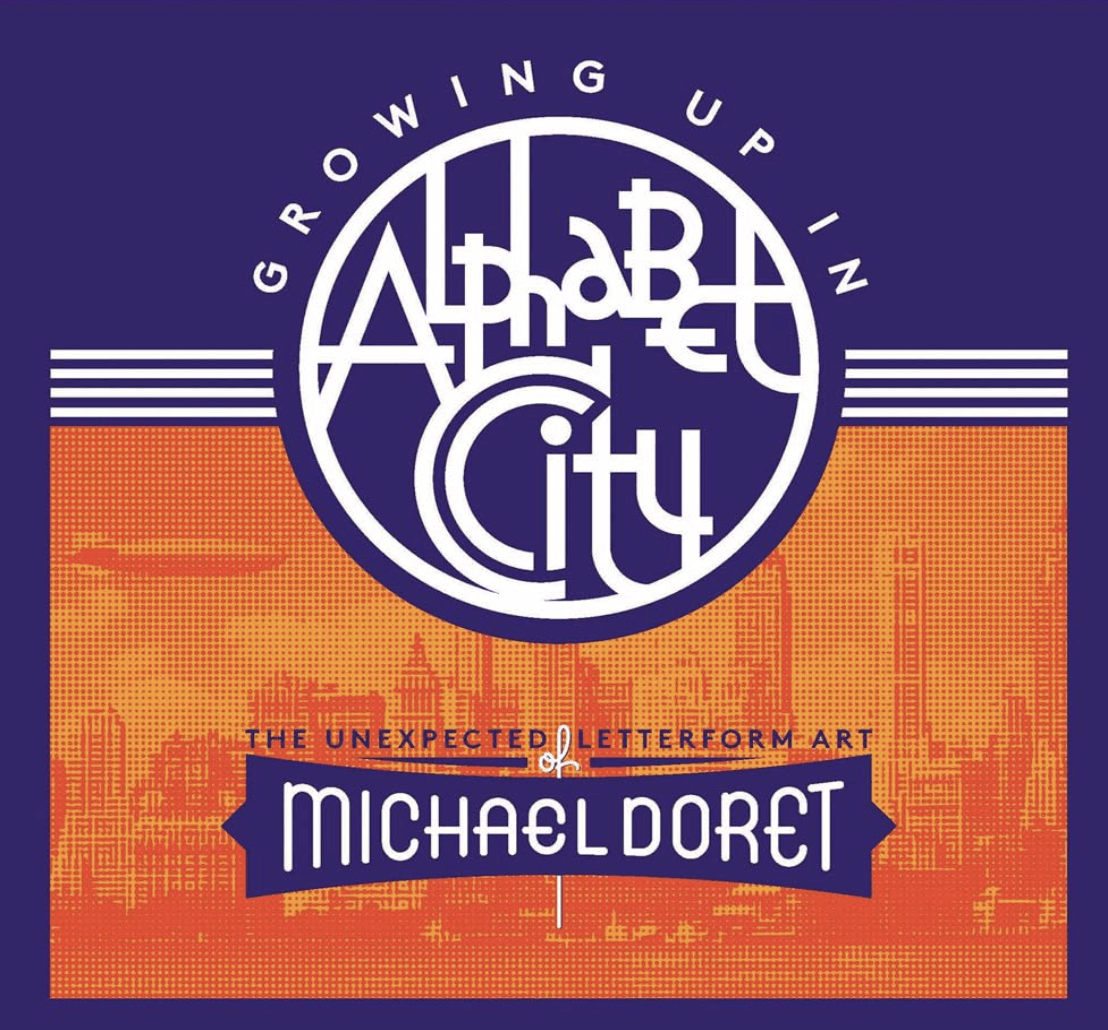
A must-have for letterform and design lovers. The freshly released book features over 700 images with behind-the-scenes insights and classic lettering tips. It’s a great gift for anyone passionate about turning words into visual art.
By Ronnie Wood
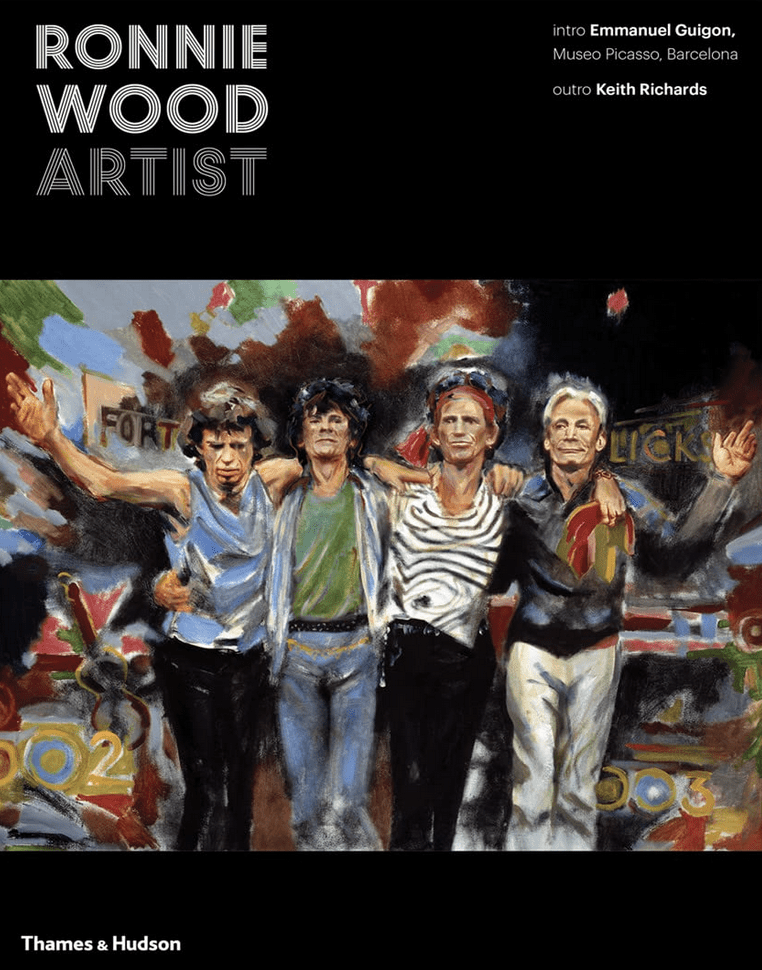
Ron Wood is more than just a guitar hero, and this book reveals the Rolling Stones’ guitarist’s artistic side beyond music. The book showcases his paintings, sculptures, and much more. It makes a fantastic gift for music and art lovers alike.
📚 From Anil Wasif, manager of research at Infrastructure Ontario, advisory board of the Max Bell School at McGill University:
by Vass Bednar and Denise Hearn
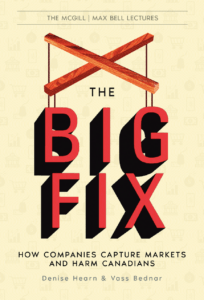
The Big Fix exposes the sneaky tactics used by dominant food retailers in Canada to manipulate prices and maintain their market power, all while giving the appearance of competition. The 2024 McGill Max Bell Lectures series authors, Bednar and Hearn are sparking a national conversation on corporate concentration and what government can and should do about competition policy.
Managing Government Property Assets
by Olga Kaganova and James McKellar
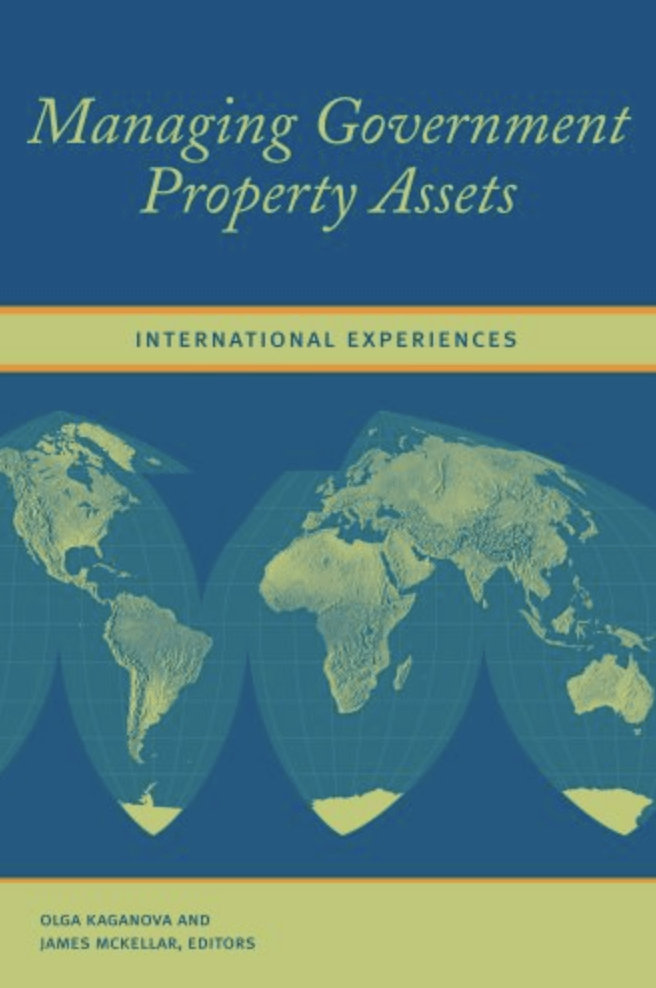
Toronto’s biking challenges and road congestion highlight the need for smarter urban planning – that includes the properties we pay for. Managing Government Property Assets by Olga Kaganova and James McKellar explores how strategic use of government buildings can help tackle crises like housing shortages and improve infrastructure planning, offering solutions for more sustainable and efficient cities. We need more books like this one in the world.
Infectious Generosity: The Ultimate Idea Worth Spreading
by Chris Anderson
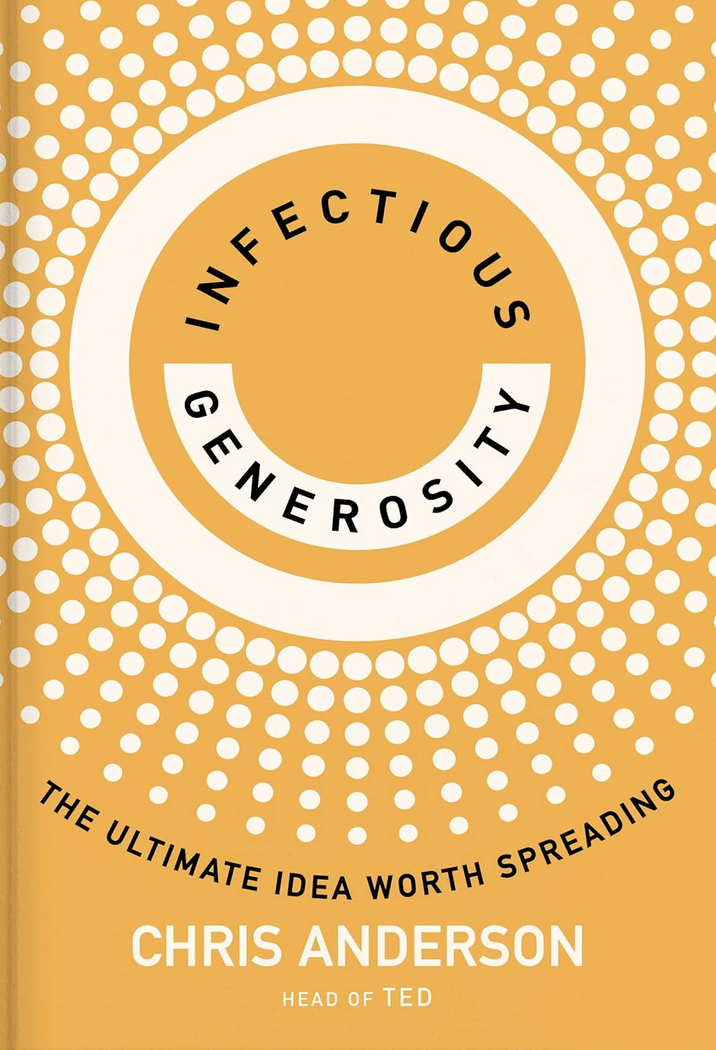
In Infectious Generosity: The Ultimate Idea Worth Spreading, Chris shares how TED, once struggling, became a global phenomenon by embracing bold generosity—like adding the ‘x’ to TEDx, empowering independent organizers worldwide. A must-read for executives across sectors, especially non-profit leaders who are accountable for people and value, Chris offers an inspiring guide from a polarized, self-serving world toward a more compassionate and unified future.
by Charles Martin

When Ashley’s leg is badly injured, Ben uses his medical skills to save her, crafting makeshift splints and carrying her through treacherous snowdrifts. Stranded in the wilderness after a plane crash, their shared fight for survival sparks an unexpected bond. The Mountain Between Us is a gripping tale of resilience, hope, and how love can bloom in the unlikeliest circumstances. Perhaps a reminder to policymakers on staying focused and remaining connected during challenging times.
📚 From John Delacourt, novelist, Policy contributing writer and Vice President at Counsel Public Affairs:
The Dark Valley: A Panorama of the Thirties
by Piers Brendon
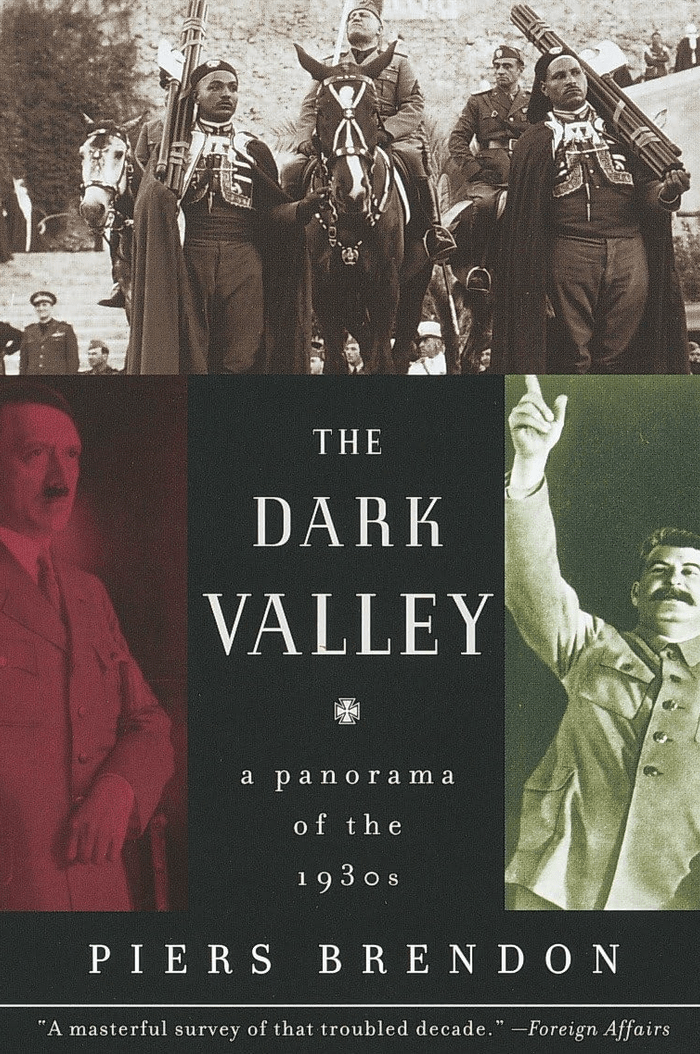
Brendon’s book is so much more than good history as current pattern recognition; it’s also a work of considerable elegance, line by line, with its brief but sharply drawn portraits of everyone from Stalin to Andre Malraux.
The (Unredacted) Diaries (Volumes 1 and 2)
by Henry “Chips” Channon
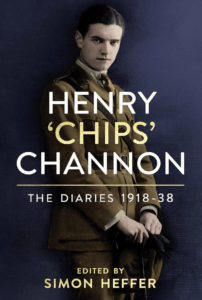
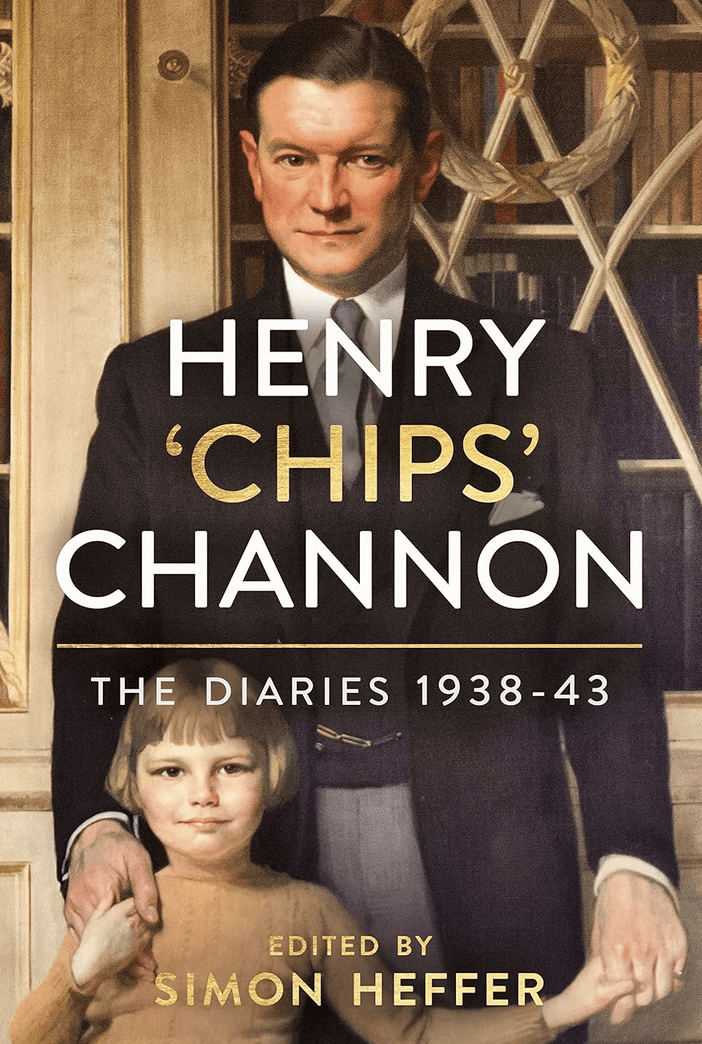
Channon, who served in the Red Cross in Paris during the Great War and then went on to marry into the Guinness family, become a novelist and then a Conservative MP in the UK from 1935 to his death in 1958. He was a kind of Gatsby-esque Zelig, and his diaries are addictive.
by Antonio Scurati
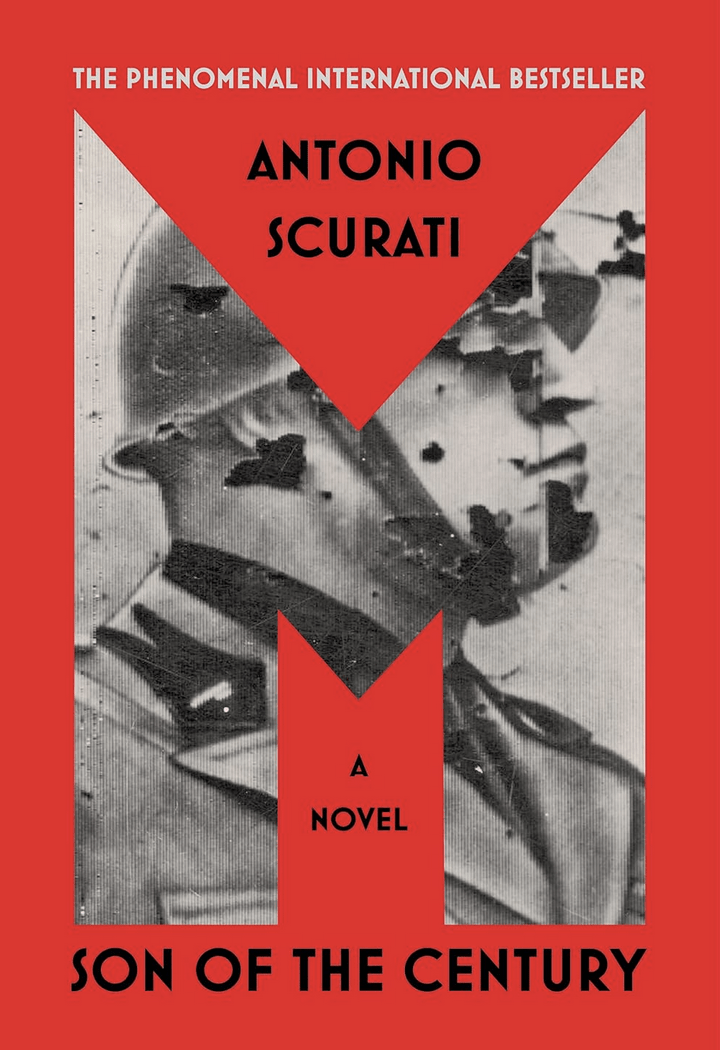
Scurati’s first volume on Mussolini’s rise to power is not just scrupulously researched, it’s a novel that takes a big swing for the fences by dramatizing the plot points that transformed a tabloid firebrand into the fascist dictator with a cult-like following among alienated working class men. How contemporary.
by Nick Harkaway
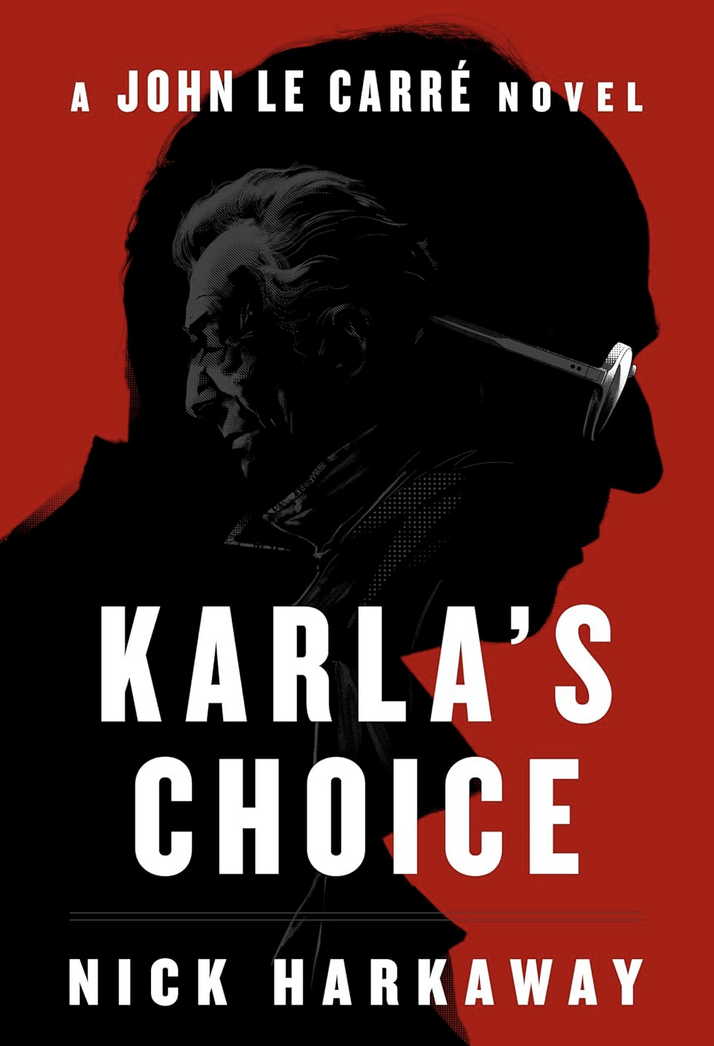
Nick Harkaway’s prequel to the Karla Trilogy by John Le Carre is more than just a son’s tribute to his father’s literary legacy. The author’s evocation of the Circus – the fictionalized MI6 – and his depiction of that anti-James Bond, George Smiley, is a singular literary performance.
📚 From Jeremy Kinsman, former high Commissioner to the UK and Ambassador to Russia, to the EU and to Italy, and longtime Policy contributor:
by Sally Rooney
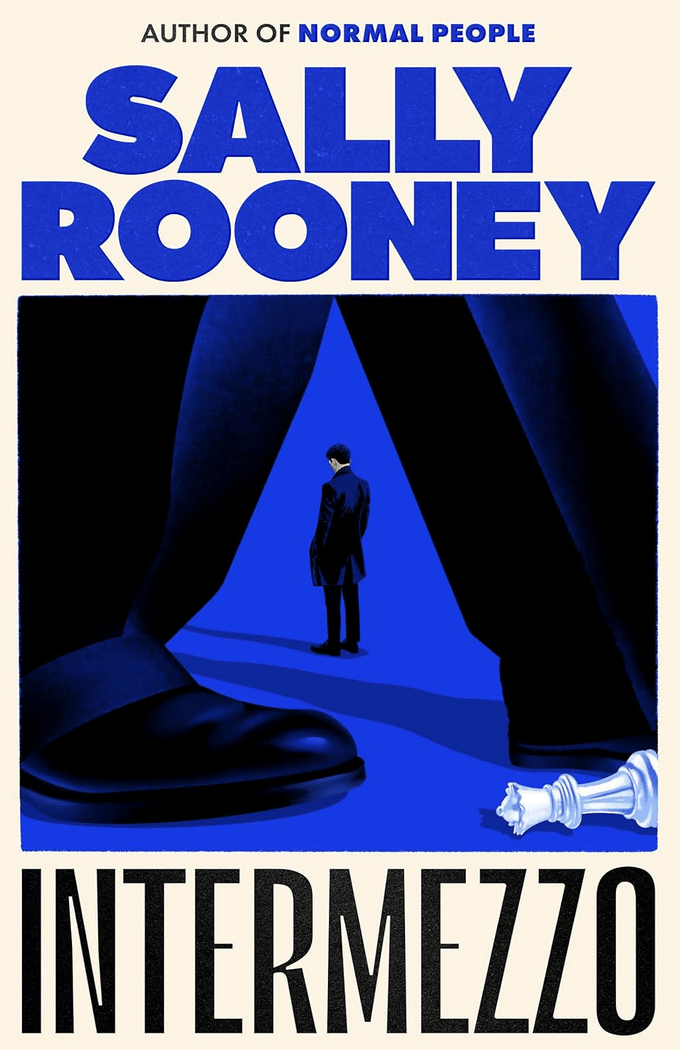
The fourth novel by prodigiously talented Sally Rooney about her expectant and generally bright contemporaries in an increasingly liberal Irish culture — they are older with each book. An exploration of navigating grief, but also an evocation of the ability of love – across a generation, actually, to trump the imperative of conventional “success”.
by Colm Tóibín
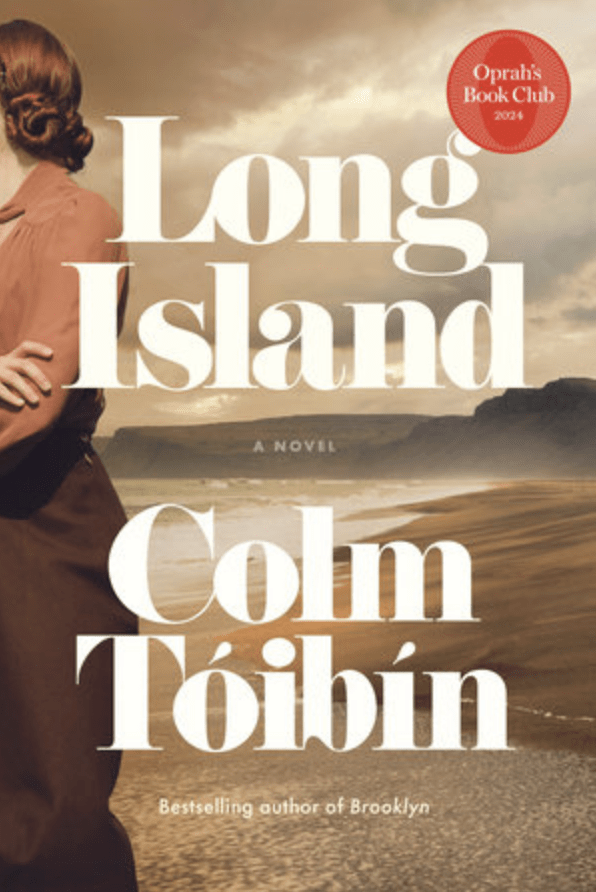
In Brooklyn, young Irishwoman Eilis emigrates to the US in the 1950s and secretly marries Italian-American Tony to free herself from the hold of traditional Ireland. In Long Island, twenty years on, the American dream has darkened for Eilis, who looks homeward again. Toibin has been lauded as an “expert, patient fisherman of submerged emotions.” We share them, becoming almost implausibly engaged in Eilis’ choices, and in her attempt to reconcile her two different worlds.
by Rachel Kushner
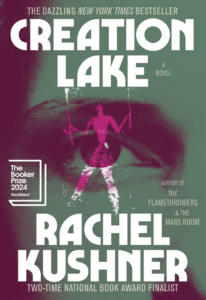
An ex-CIA operator hired by shadowy state and agro-business interests to disrupt the potentially terrorist plans of an eco-radical commune. Succeeds as a thriller, but as a novel of ideas it is vastly more: Kushner evokes the enduring French affection for the revolution of 1968, a fascinating reassessment of Neanderthals (you have to read it), and tackles the eternal conundrum of ideology’s distance from reality. Incidentally, like other writers, she spent years thoroughly researching her content…read and learn.
by Bonnie Garmus
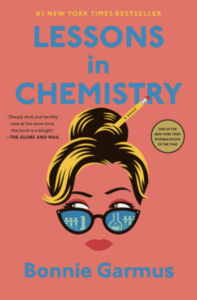
Persuaded to read it when Anthony Scaramucci cited it in his podcast (The Rest is Politics, USA) to prove his credibility as a convert to gender equality. A hilarious romp through the trials and traumas of a Elizabeth Zott, a brilliant and independent-minded chemist in 1950s America who becomes a nationally beloved TV cooking host. But – Elizabeth’s adorable dog-philosopher “Six-Thirty” aside – the underlying theme is serious: the exclusions of women in the 50s and 60s whose residue still lingers today. Couldn’t put it down.
📚 From Aftab Ahmed, policy development officer, City of Toronto, and columnist, the Bangladesh Daily Star and Dhaka Tribune:
by Rebecca Giblin and Cory Doctorow
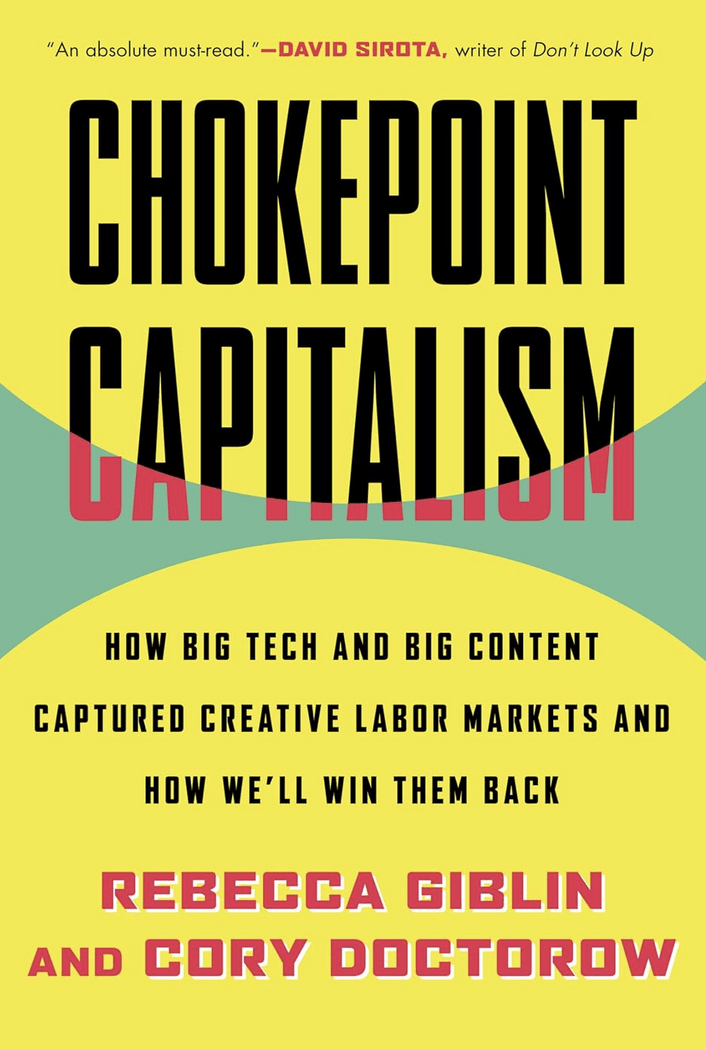
Examines how corporate concentration in Big Tech, particularly Amazon, disrupts industries like book publishing. It highlights Amazon’s attempted acquisition of Penguin Random House and explores how monopsonies — where buyers hold excessive power — undermine creative labor markets, lowering compensation and reducing diversity in content.
Age of Revolutions: Progress and Backlash from 1600 to Present
by Fareed Zakaria
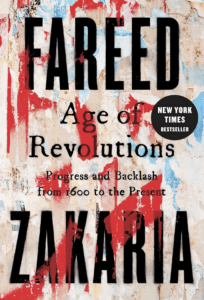
Explores historical revolutions and how political shifts — from the Dutch to the French Revolution — laid the foundation for modern democracy. Zakaria ties these past upheavals to current challenges, such as the rise of populism, technological disruptions, and identity politics. It argues that, just as in previous revolutions, there is hope for restoring stability and pushing back against authoritarian forces today. (You can read our Policy review, here).
Subcontinent Adrift: Strategic Futures of South Asia
by Feroz Hassan Khan
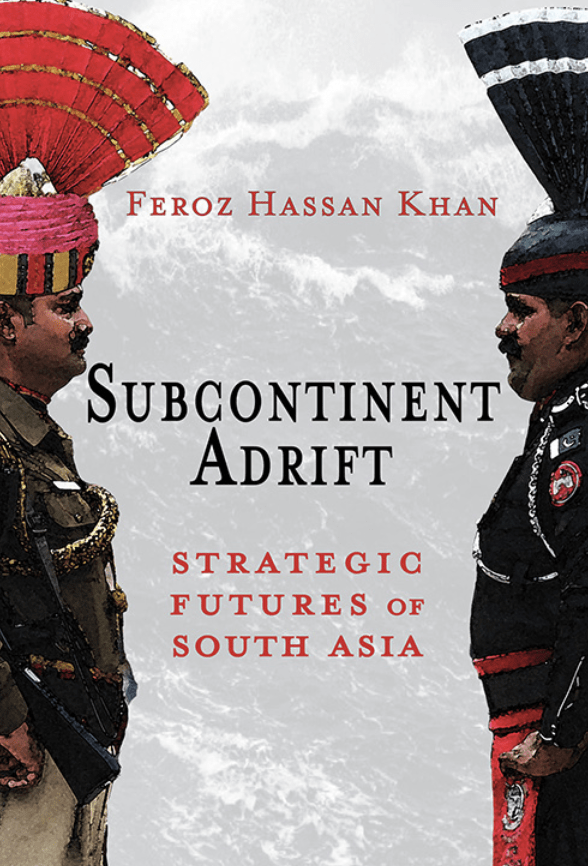
Analyzes the deep-rooted rivalry between India and Pakistan, focusing on the nuclear standoff and territorial disputes that continue to fuel instability in the region. It highlights how the asymmetries of power between these two nations prevent regional cooperation. The book also connects these tensions to mass uprisings in Sri Lanka and Bangladesh, where growing grievances against India’s regional dominance complicate efforts toward peace in South Asia.
📚 From Graham Fraser, author, longtime Globe and Mail and Toronto Star correspondent, former federal Commissioner of Official Languages:
by Arlie Russell Hochschild
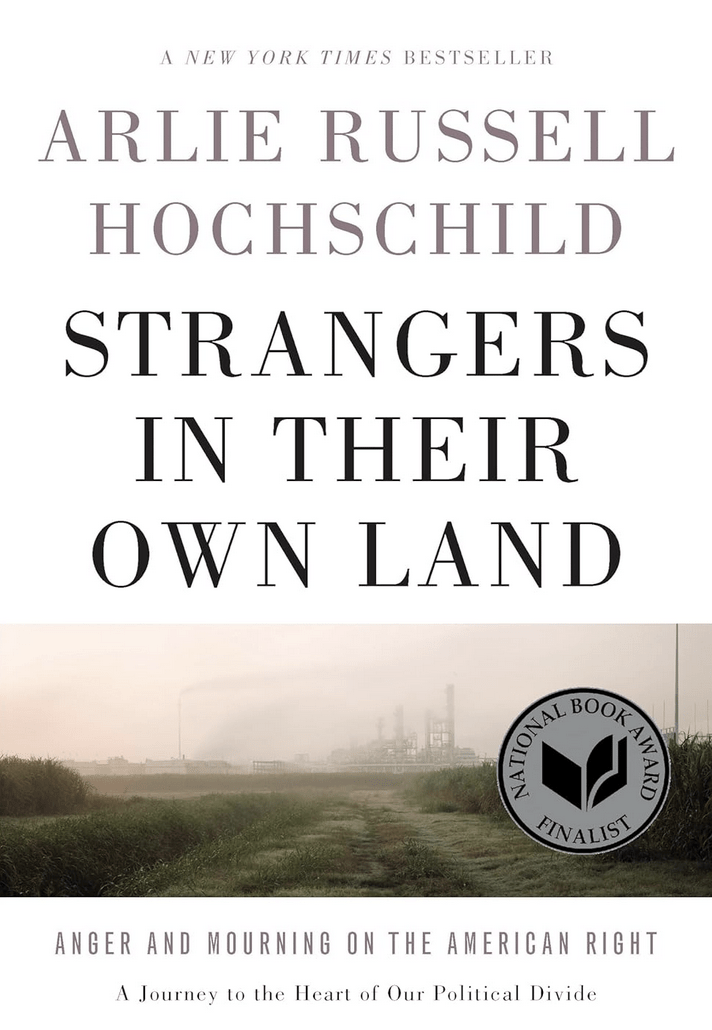
Hochschild is a California-based sociologist who set out to explore the worldview and sense of estrangement that has driven American populism and support for Donald Trump. She chose communities in Louisiana, and with great empathy sorted out the contradictory feelings of betrayal and faith, resentment and belief that drove the people she met and got to know.
by Robert Harris
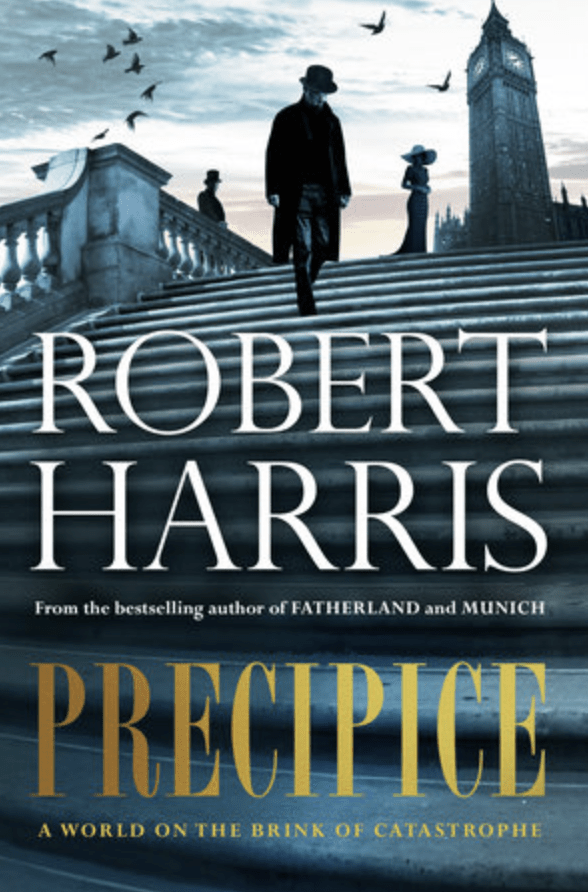
Harris specializes in building his fiction on a framework of fact. In this case, he used the extraordinary correspondence that British Prime Minister Herbert Henry Asquith carried on with London socialite Venetia Stanley at the beginning of World War I. His letters to her — which included extraordinary breaches of cabinet secrecy —were kept, and, along with other histories of the period, provide the framework of the book. Harris imagines her replies, which Asquith destroyed.
by Hanya Yanagihara
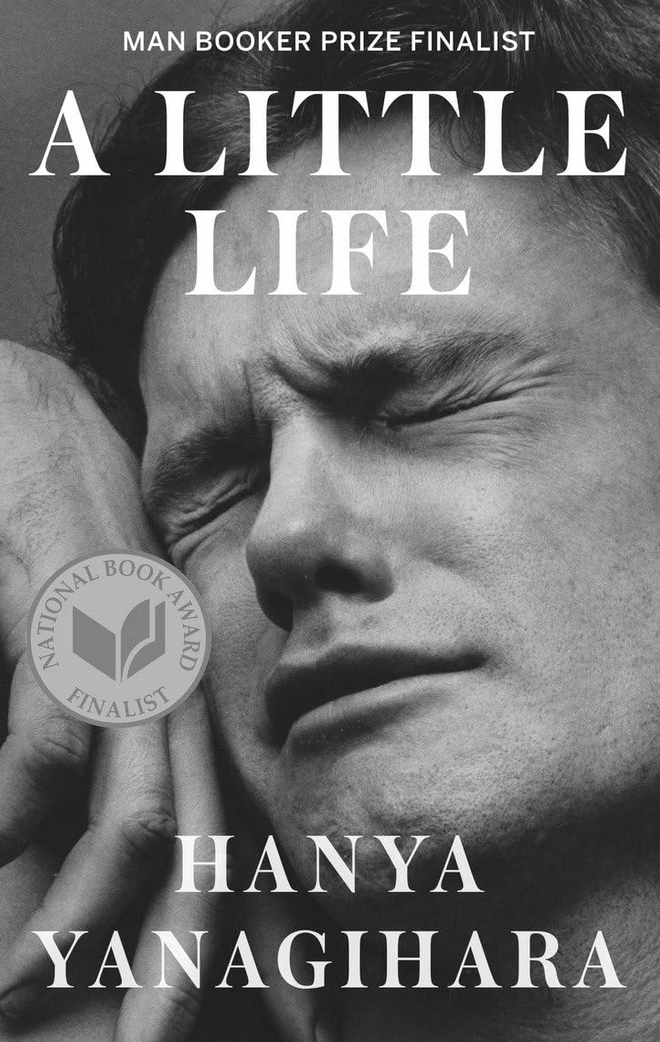
A remarkably vivid novel about five university friends who remain close as adults. One of them is very secretive about his childhood and adolescence; the novel gradually unfolds the source of his pain.
Les têtes brulées: carnets d’espoir punk
by Catherine Dorion
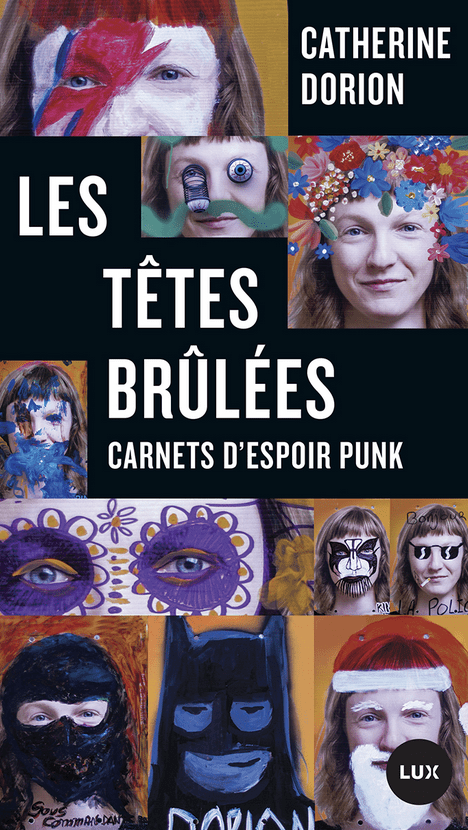
If you Google Catherine Dorion, you would have the impression of a totally self-assured young woman, challenging Pierre-Karl Péladeau in a National Assembly committee and stirring up controversy by wearing a t-shirt to work. Her memoir reveals a highly sensitive person worn down by the demands of political life.
And, you can read Graham’s Policy review of the National Book Award-winning James, by Percival Everett, here: Huckleberry Finn (Jim’s Version): Percival Everett’s Timely Re-telling of Twain.
📚 From Policy Editor Lisa Van Dusen, former AP National/NY and UPI Washington editor, former deputy editor at iPolitics, former senior writer for Maclean’s:
by Nahlah Ayed
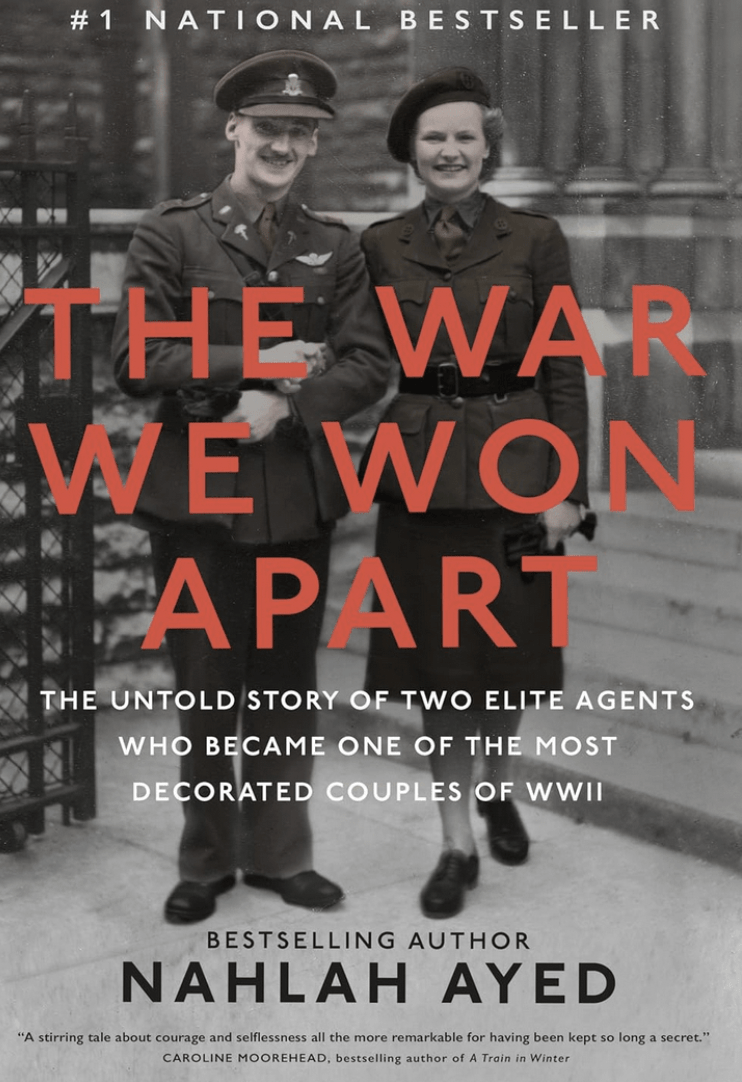
Forgive the shameless Policy promotion, but when I love a book, I tend to review it, and this was a 2024 title I loved. “Veteran CBC reporter Nahlah Ayed’s The War We Won Apart is about how two secret agents — intrepid English rose Sonya Butt and dashing French-Canadian daredevil Guy d’Artois — survive their hair-raising fates as key players in the French Resistance,” per my Policy review, In Love and War: The Resistance Fighters Next Door. Cannot recommend it highly enough.
Knife: Meditations After an Attempted Murder
by Salman Rushdie
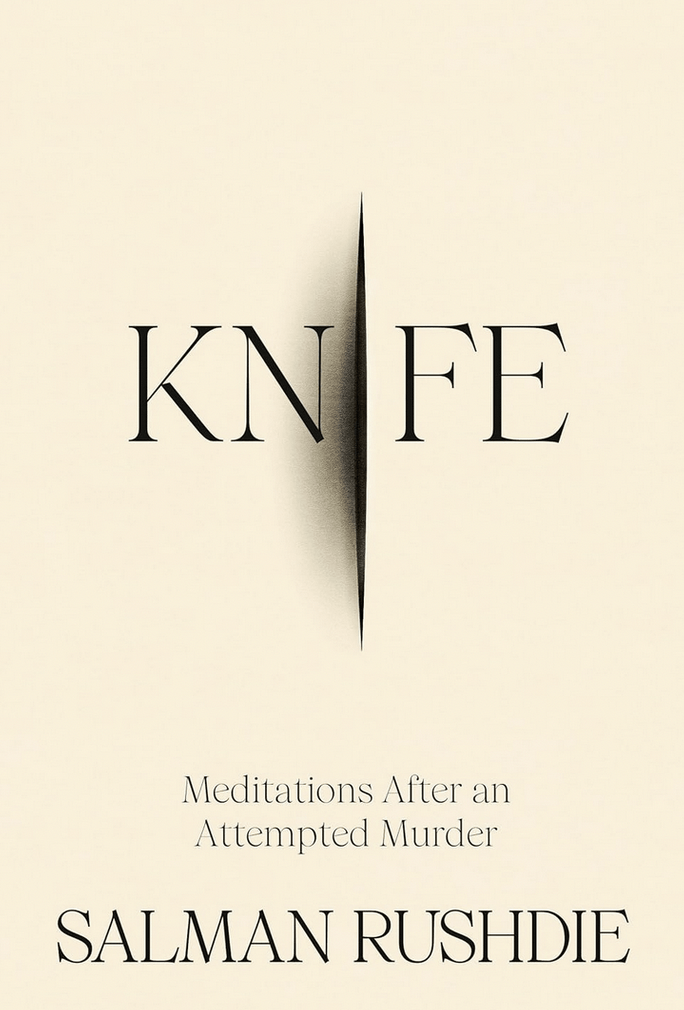
When, in August 2022, the fatwah against author Salman Rushdie finally caught up with him 35 years later at a Chautauqua event on the protection of writers in dangerous times, the second-most important question — after whether he would live — was whether he would live to write about it. He did. And Knife is well worth the read. Here’s my review: ‘Knife’, a Love Story: The Tale Salman Rushdie Lived to Tell.
by Barack Obama
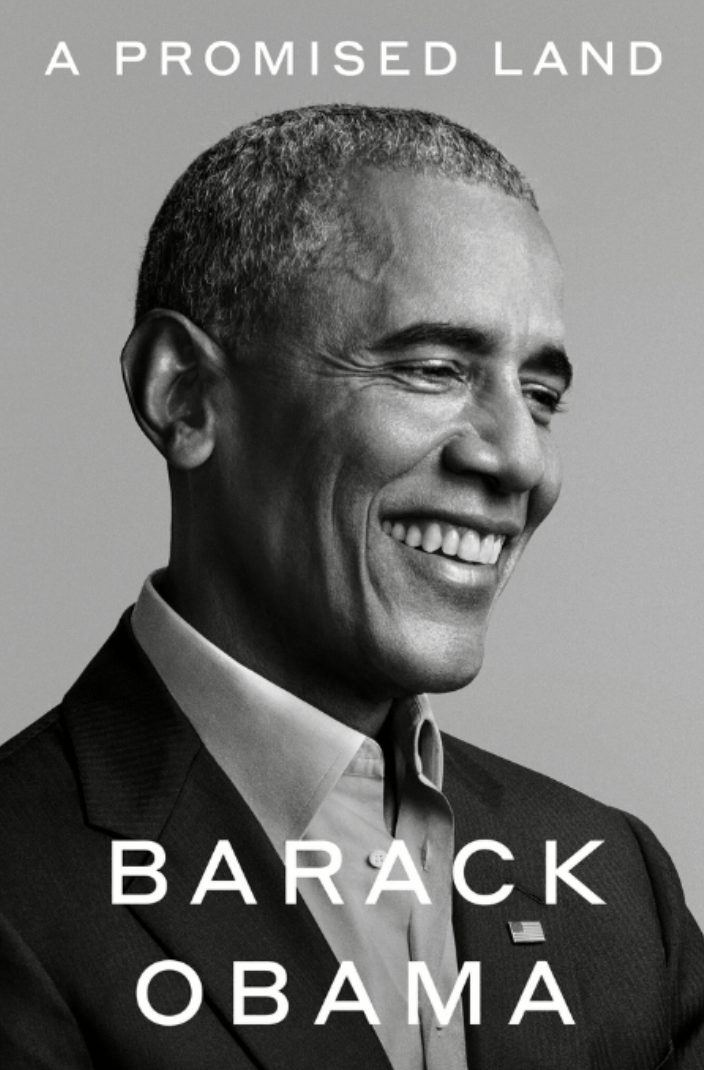
A timely reminder that America is so much more than its darkest chapters. “As with all firsts, the enormity of Obama’s breakthrough as the first Black president of the United States is easy to lose sight of given all that’s happened since,” per my Policy review. “But from the moment in 2004 when Obama entered the political hive mind — through the portal of a soaring speech to the Democratic convention in Boston as the man most likely to fill that role — it was the needle through which all other expectations, probabilities, obstacles and likelihoods had to be threaded.”
by Taras Grescoe
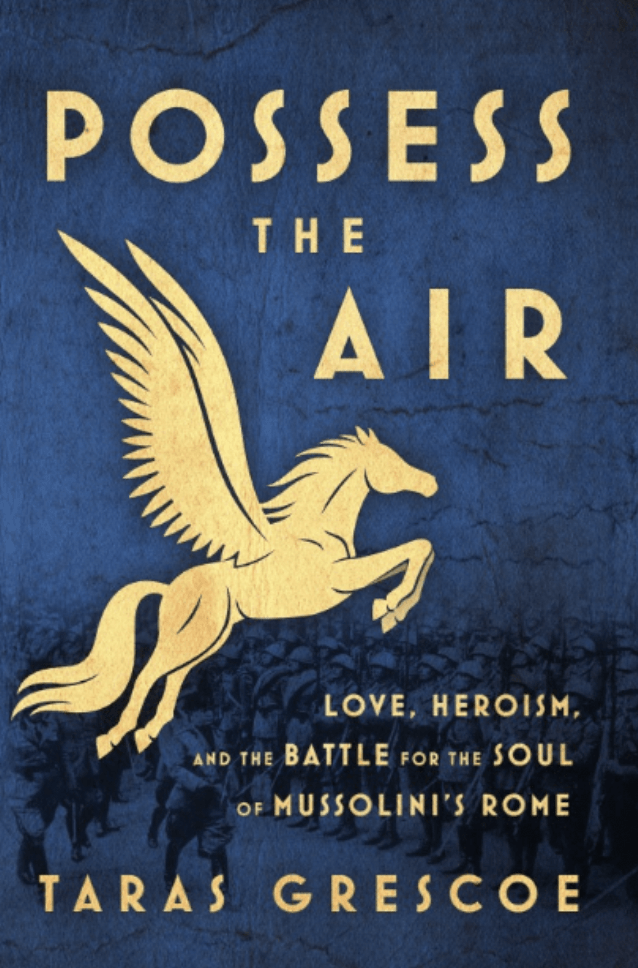
A gem of a book from the Montreal-based writer who burst on the scene with the affectionate, irreverent Sacré Blues, about how human beings confront, navigate, adapt to, and survive tyranny. “Grescoe’s forensic rendition of Rome’s beauty is essential to the journey to come,” per my review, Possessing the Air: Lessons in Defiance from Il Duce’s Rome, “providing as it does the context for the dissonant rise of Benito Mussolini like a vulgar, anthropomorphic gnome in the garden of Botticelli’s Primavera.”
For more holiday book ideas, our Policy Book Reviews section contains six years’ worth of great reads about great reads.
